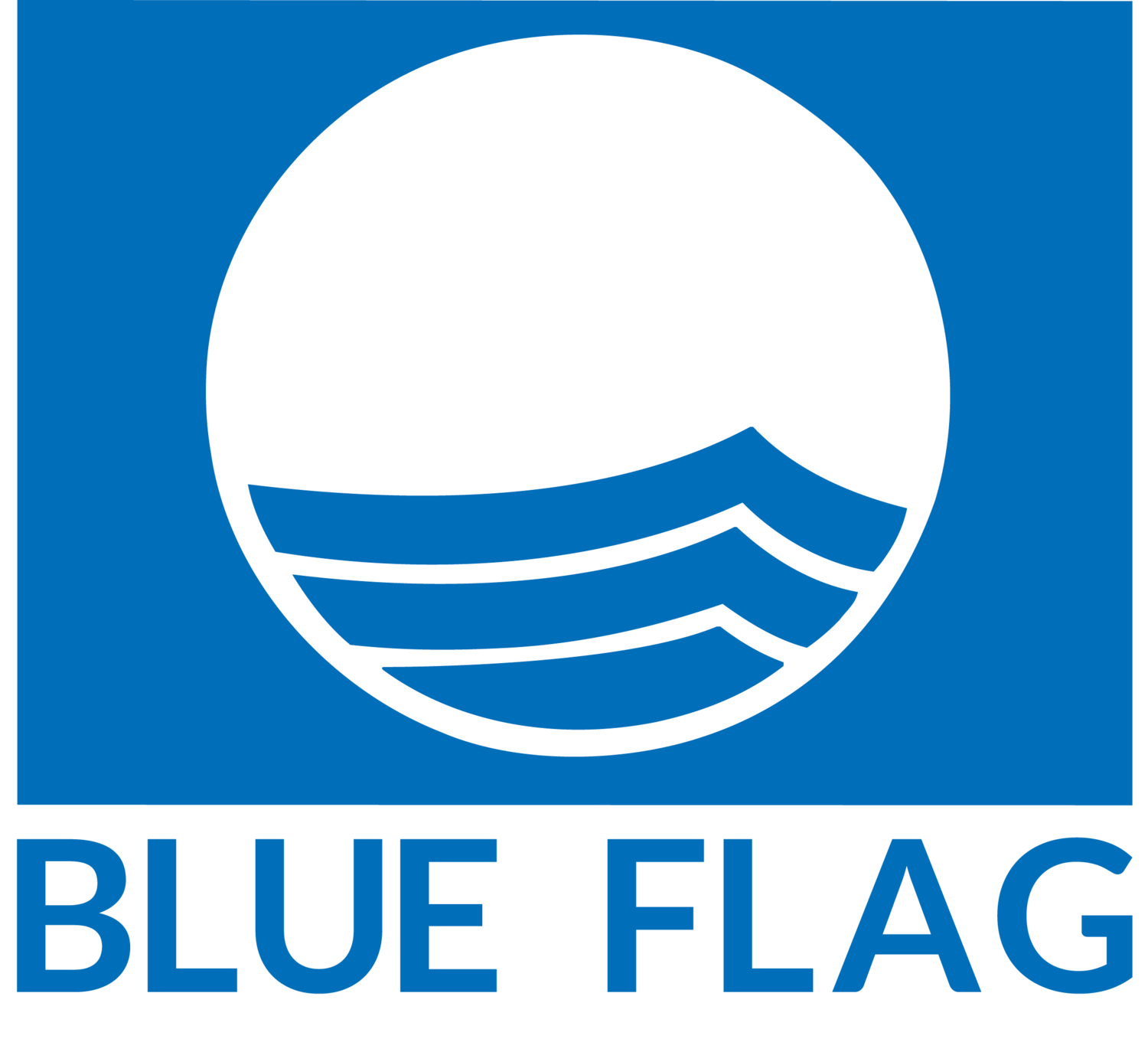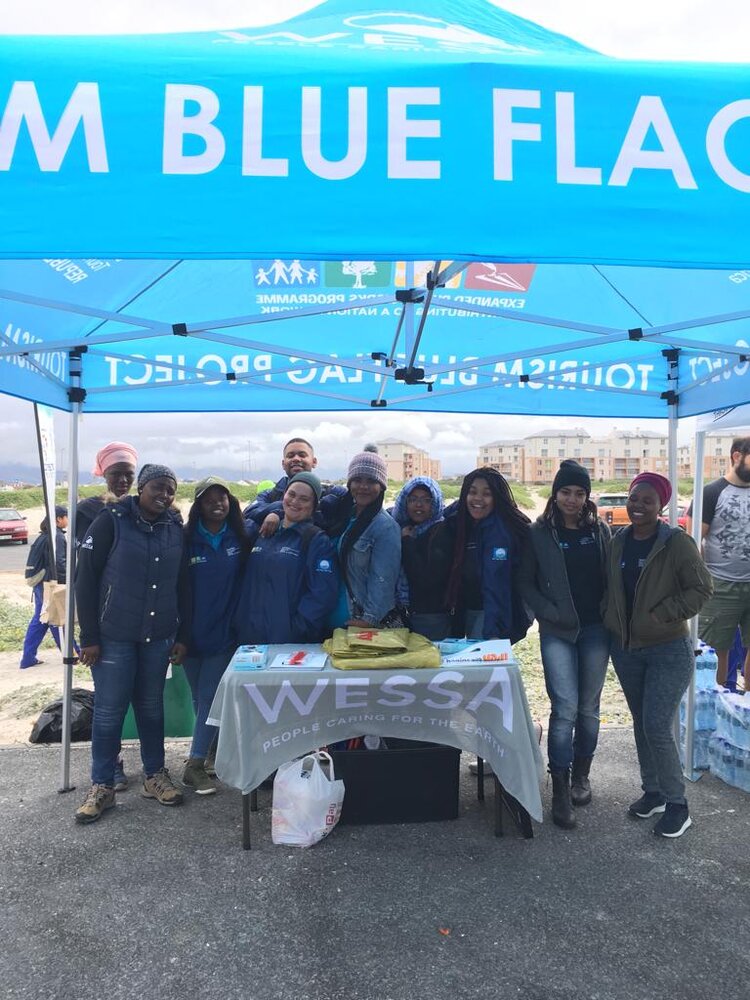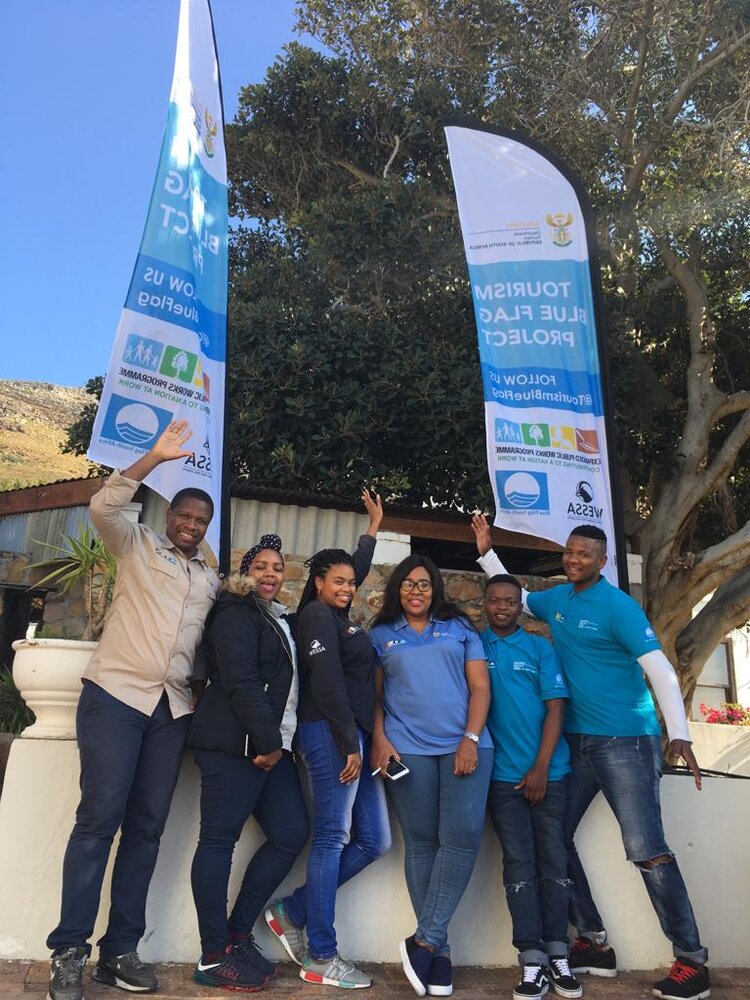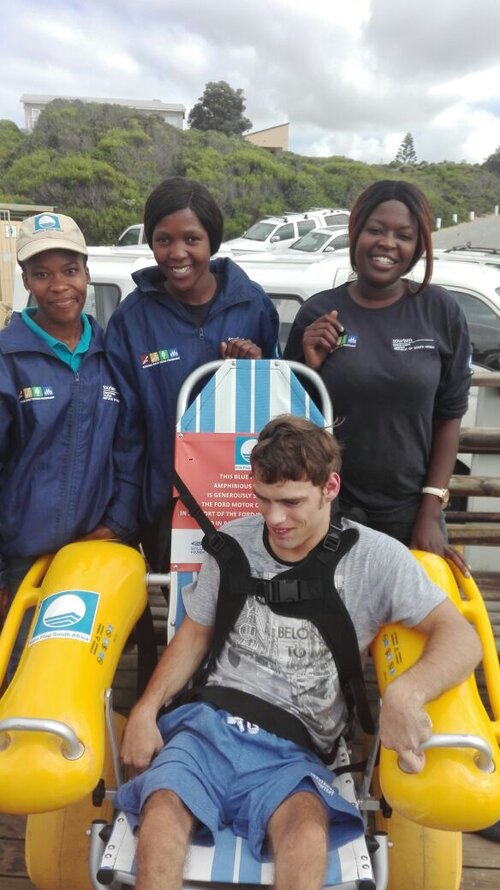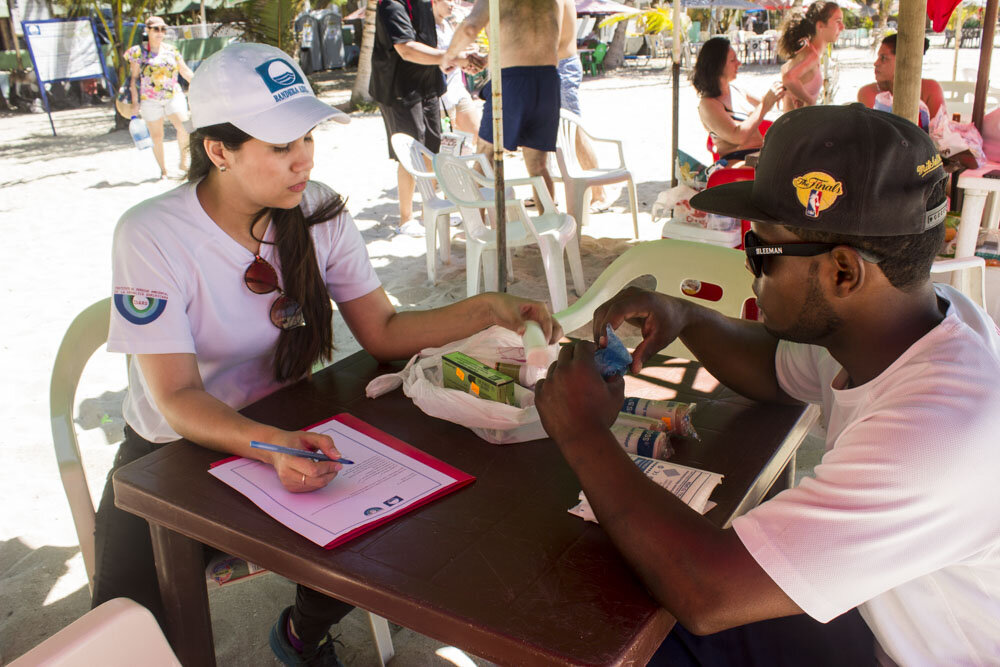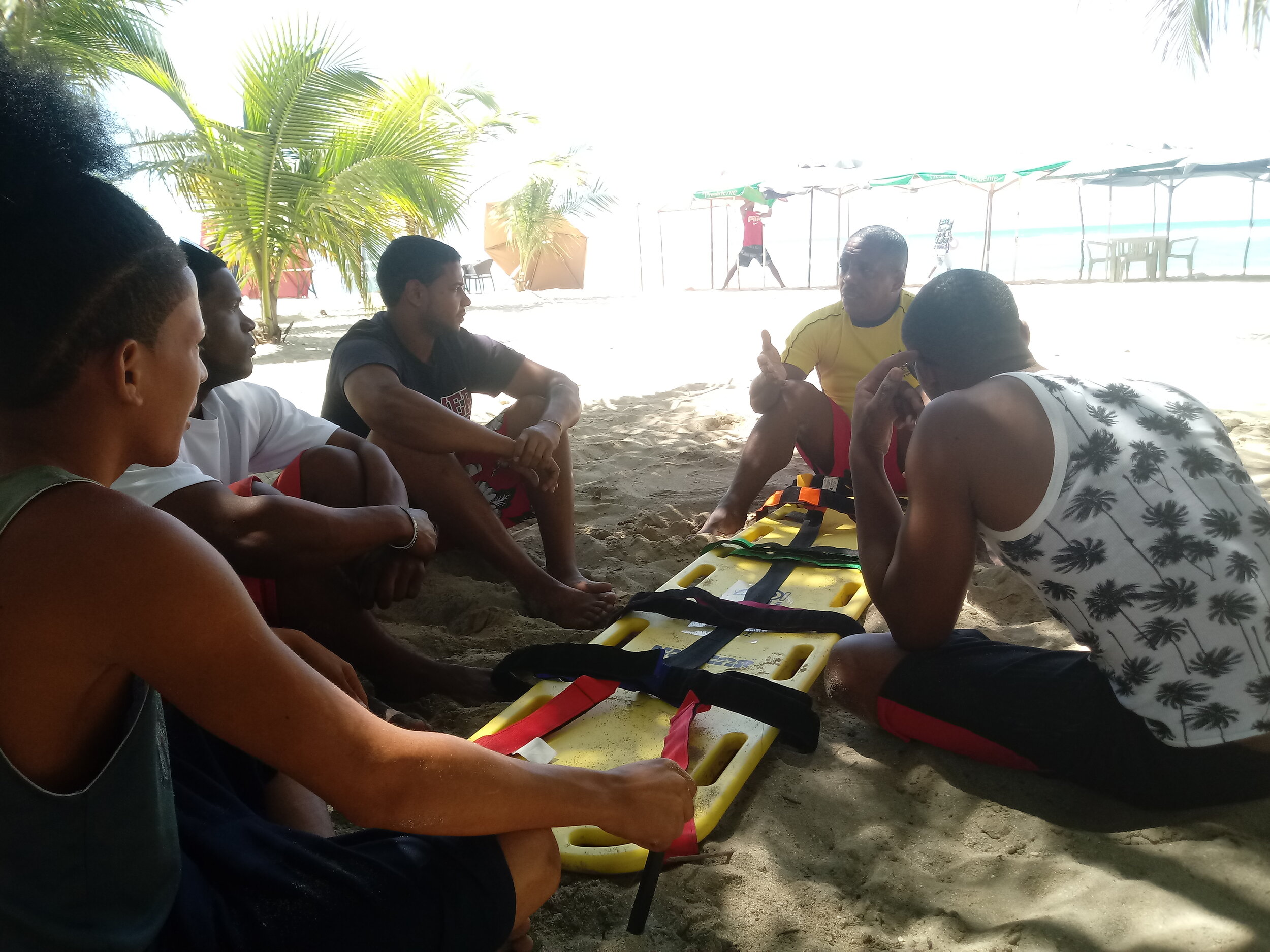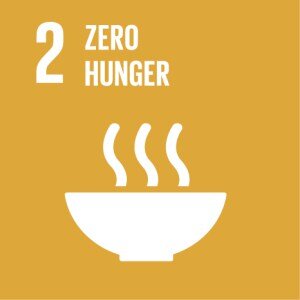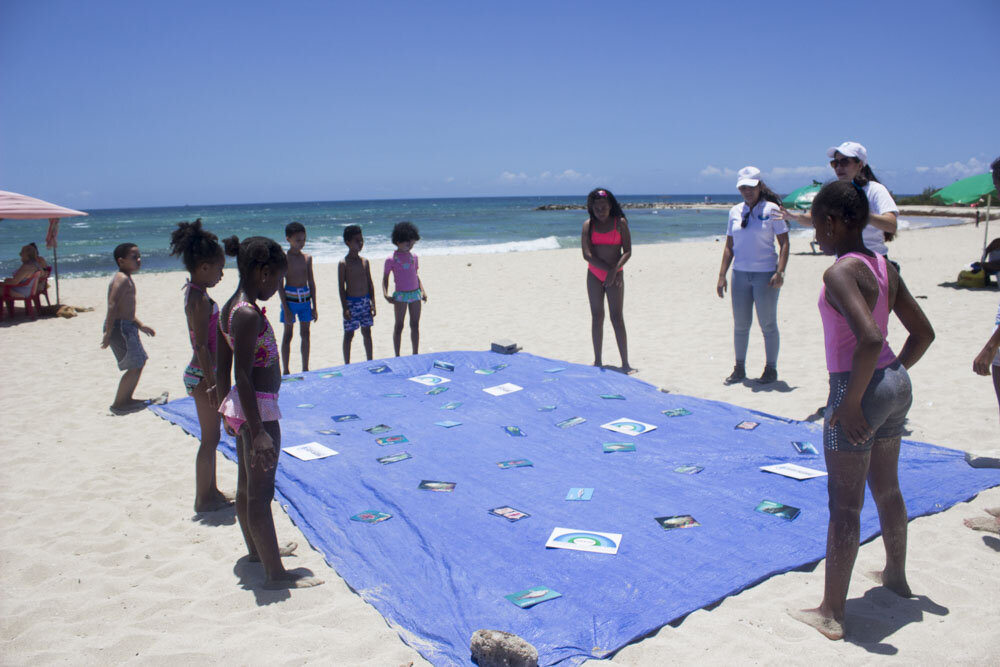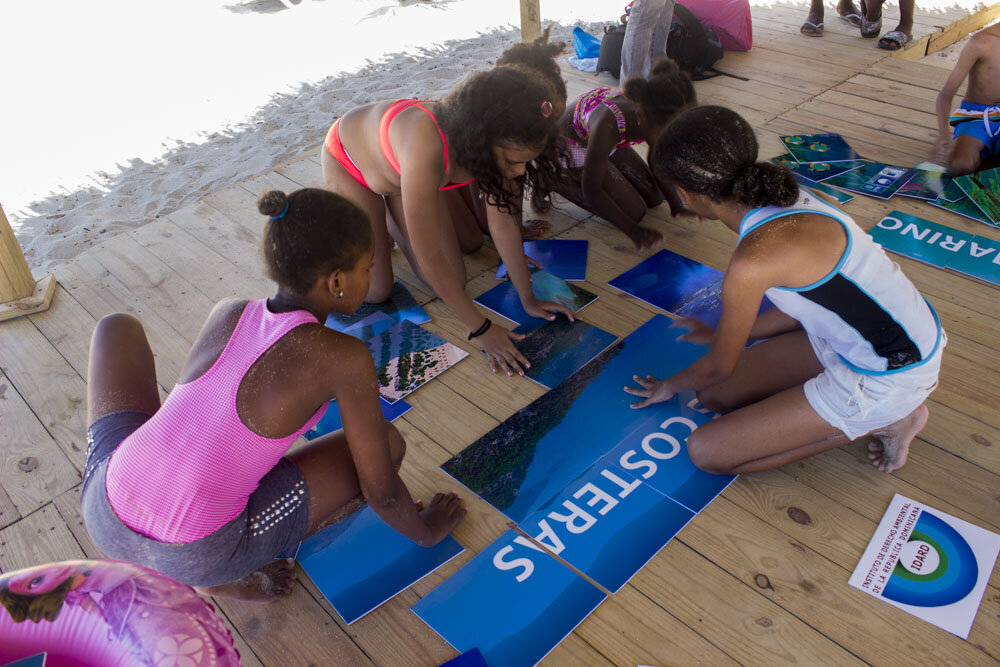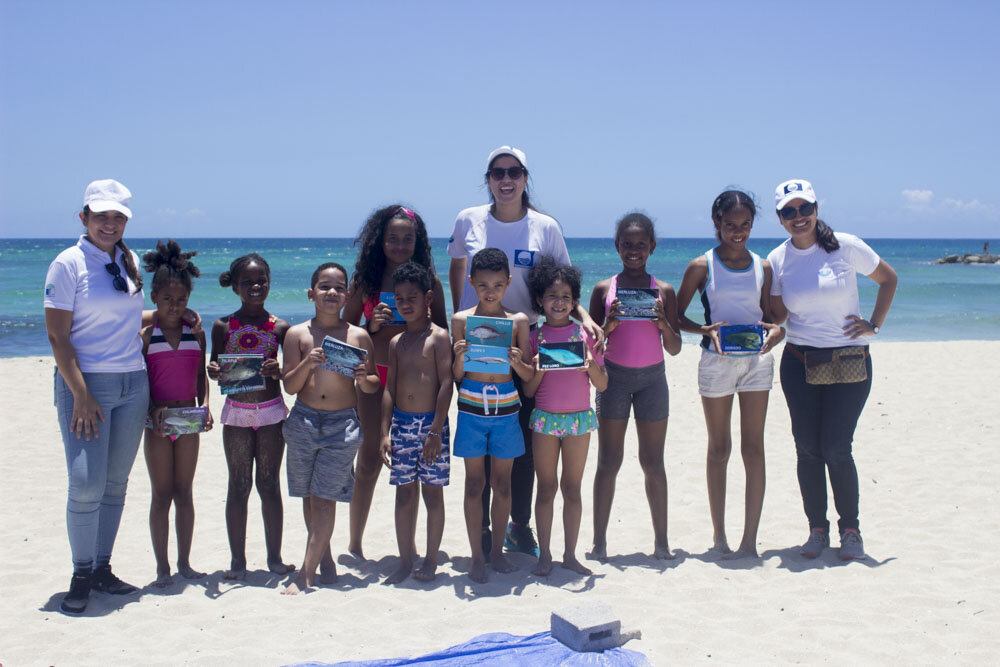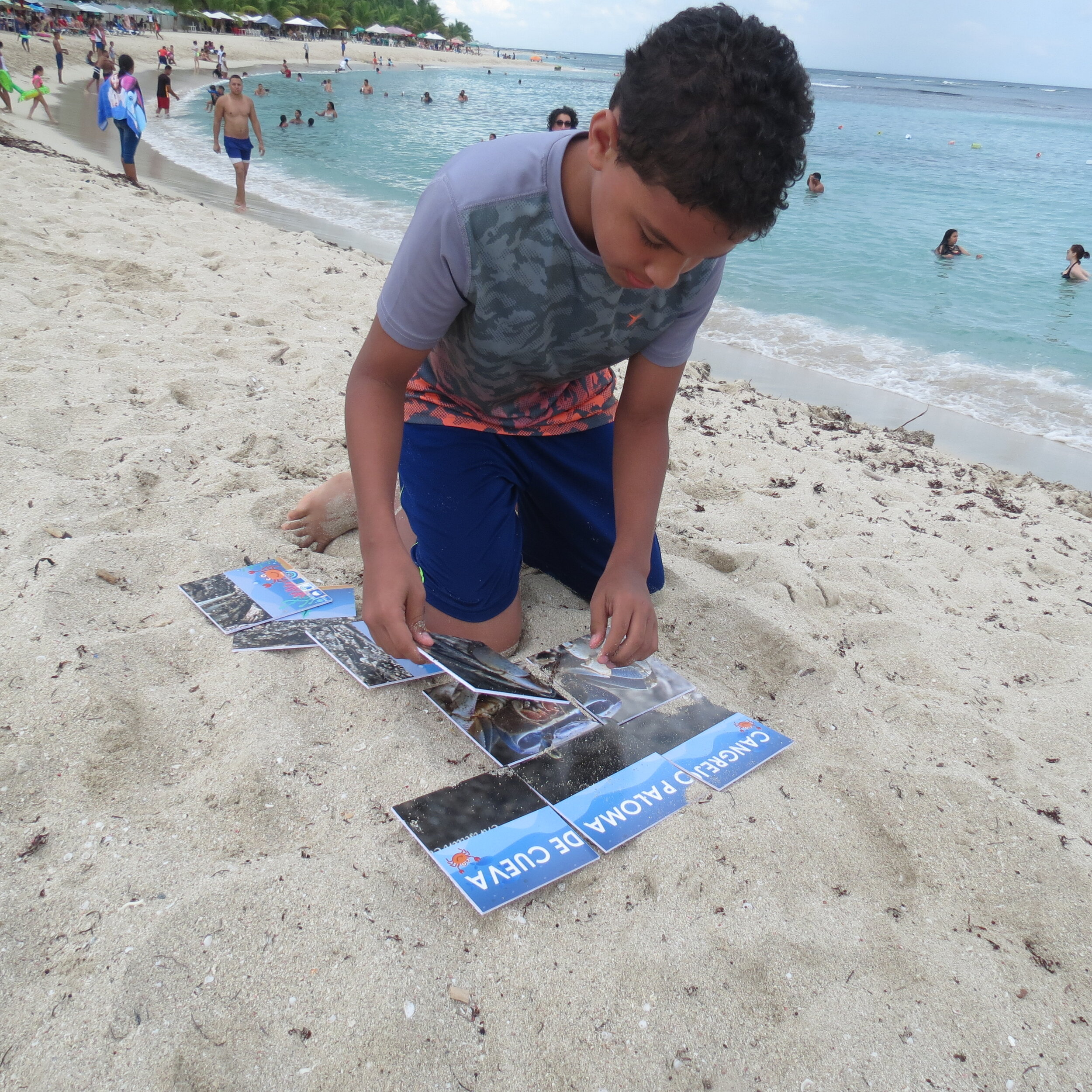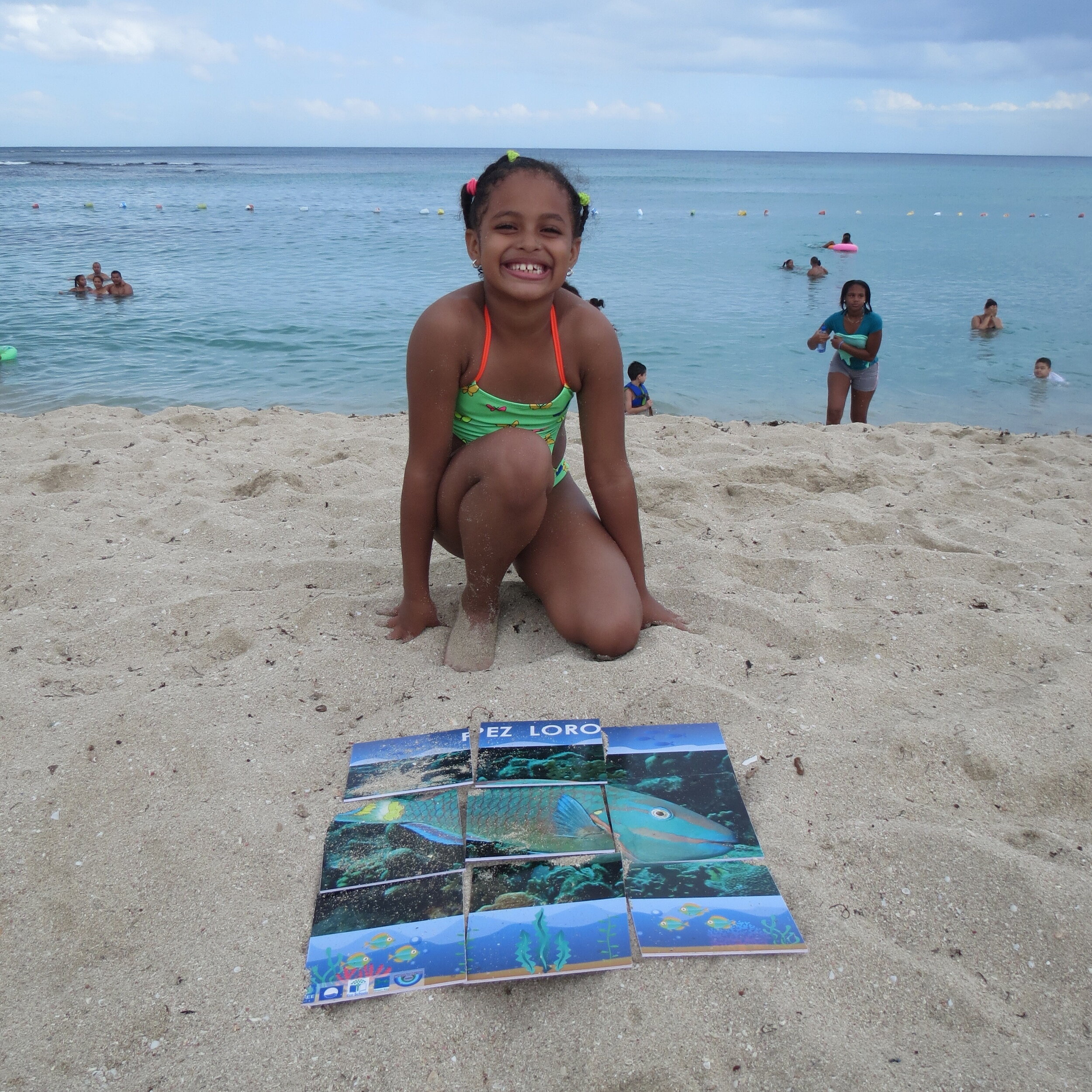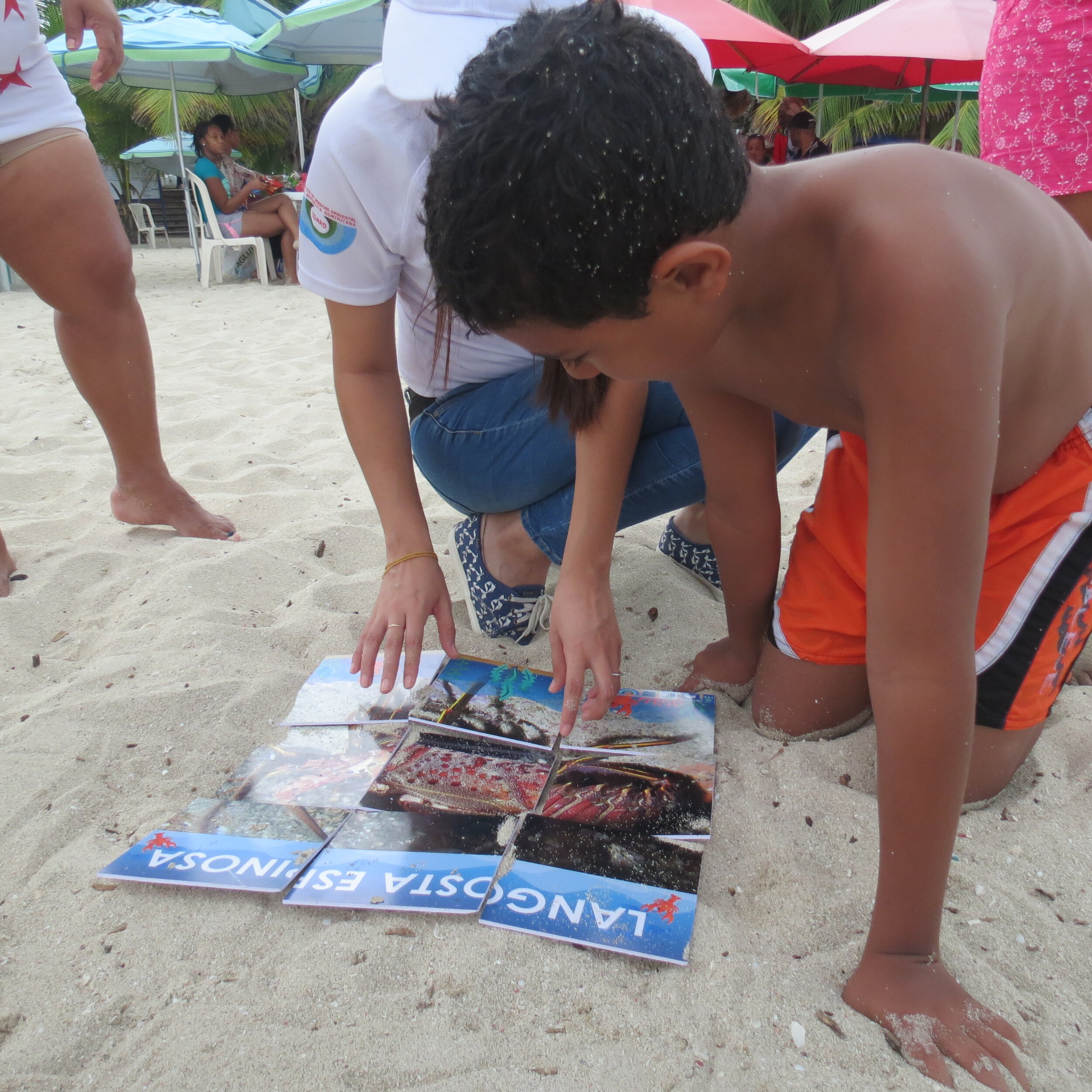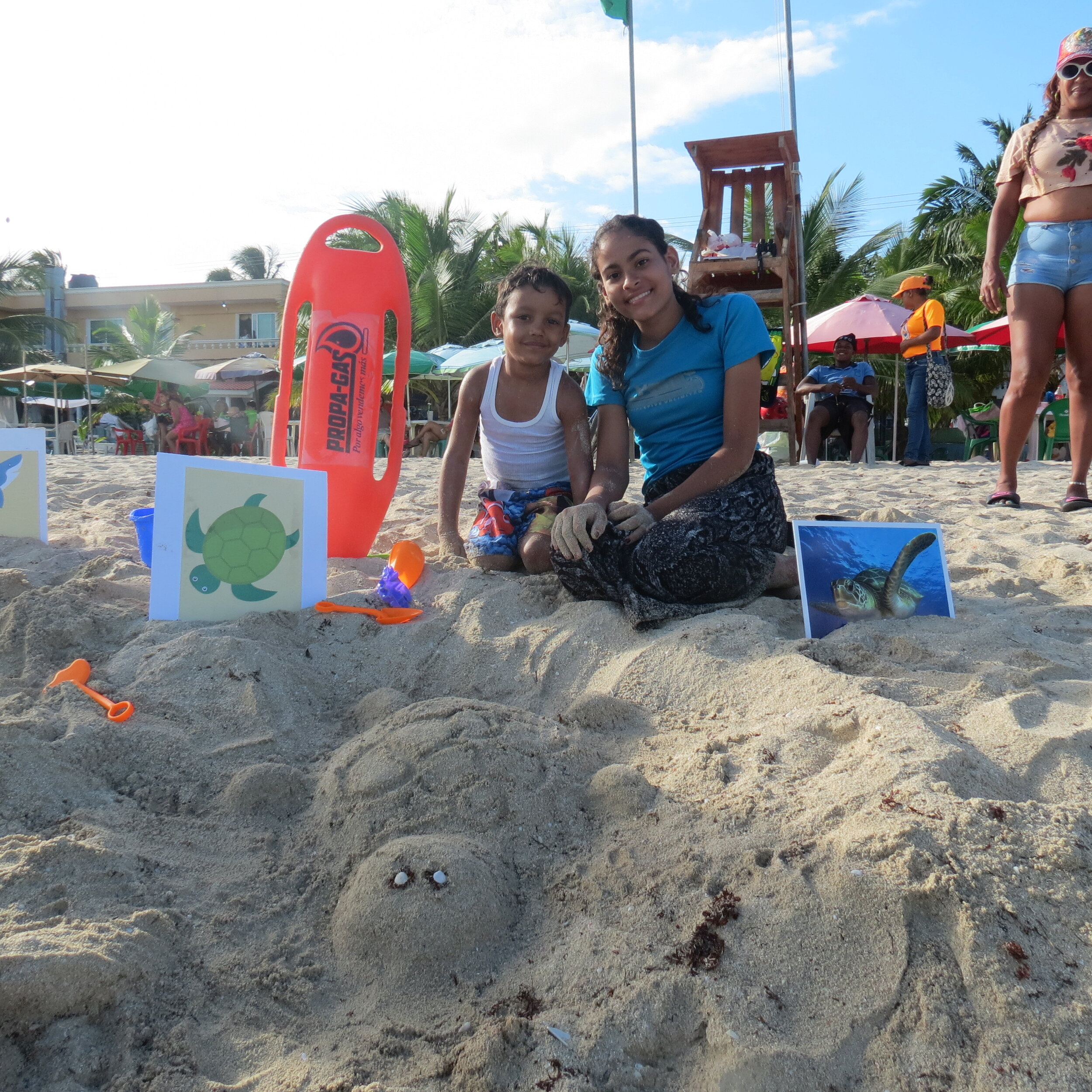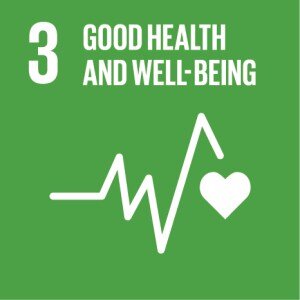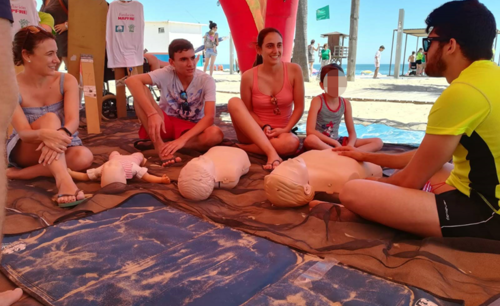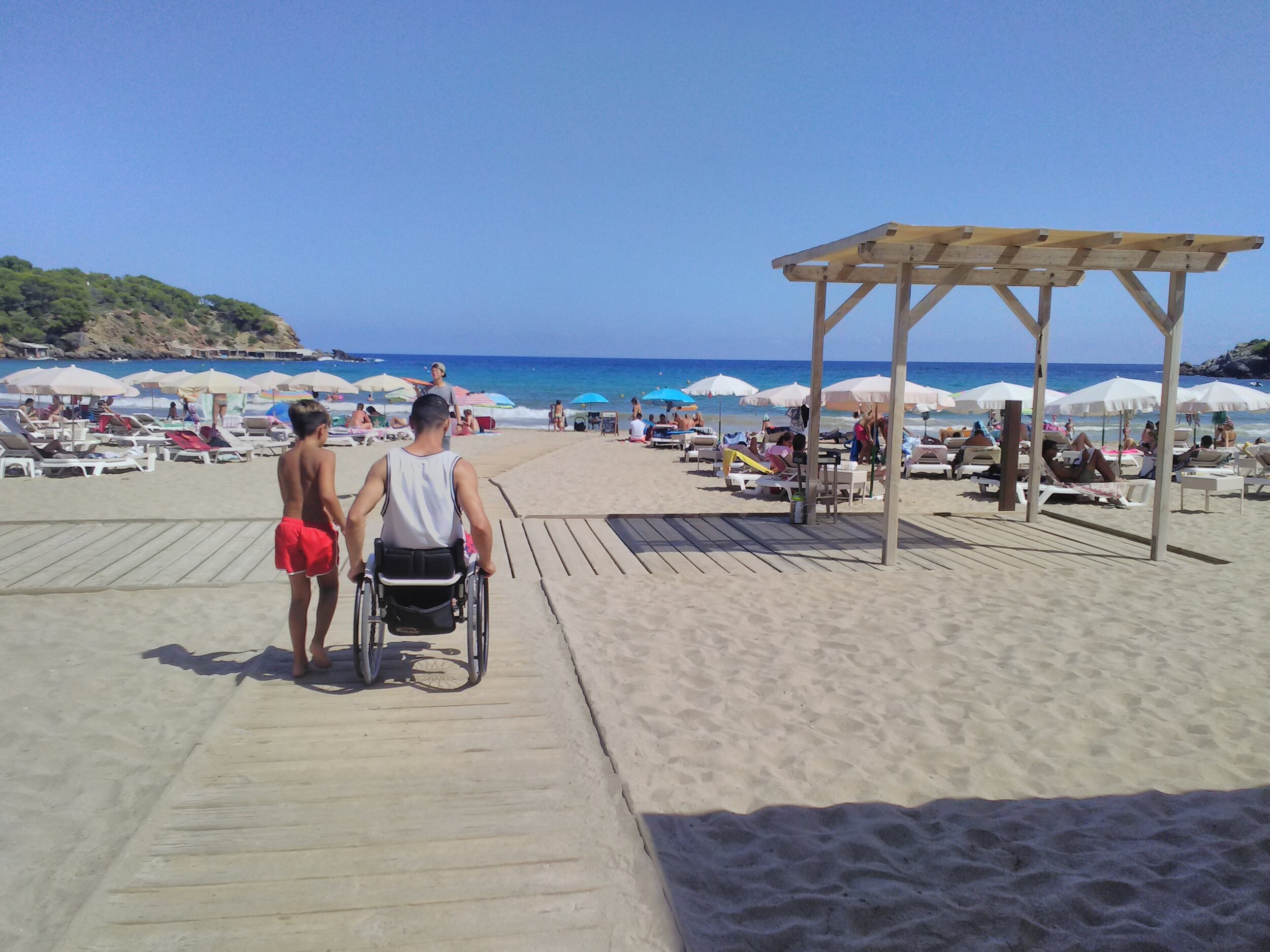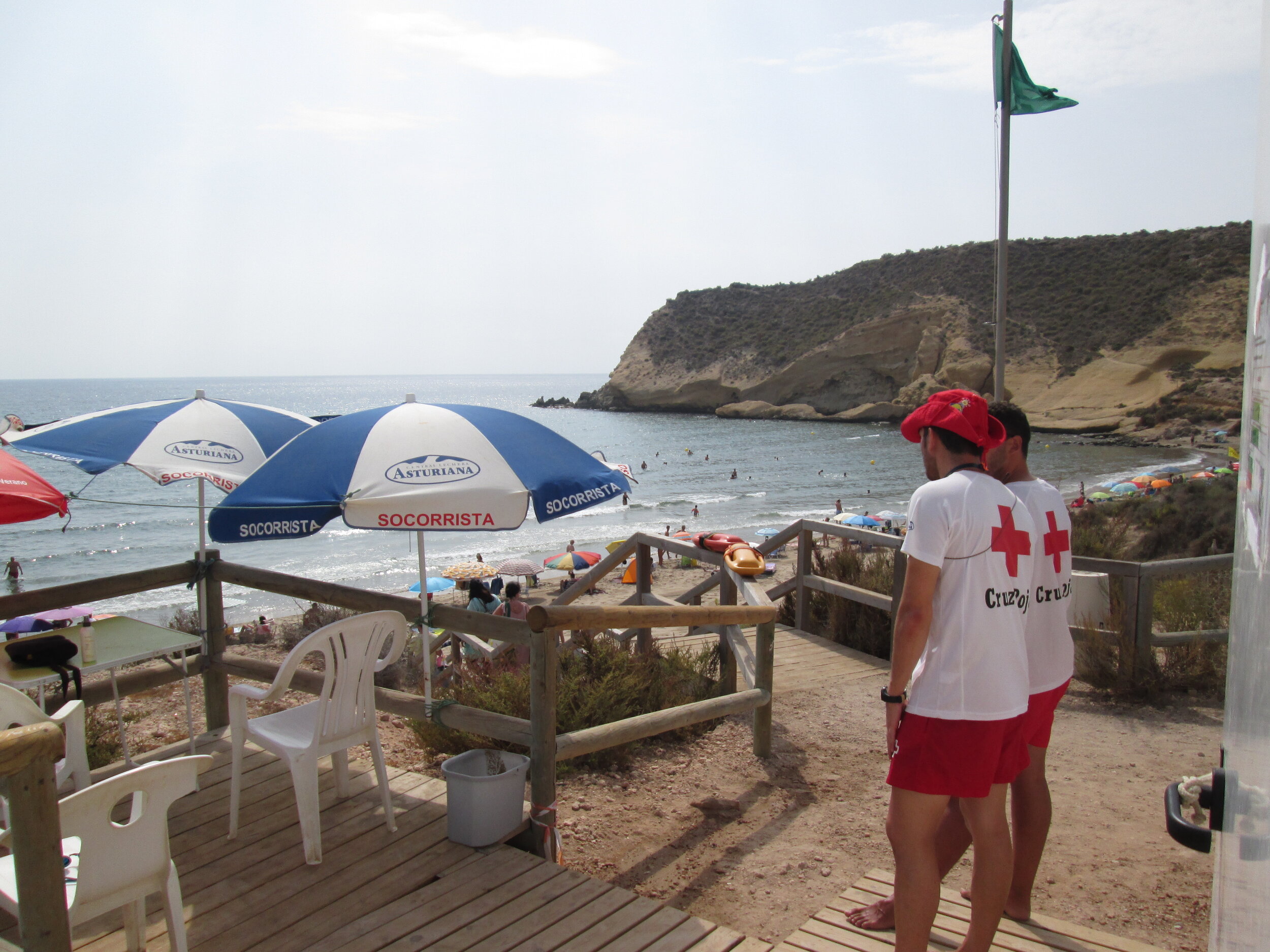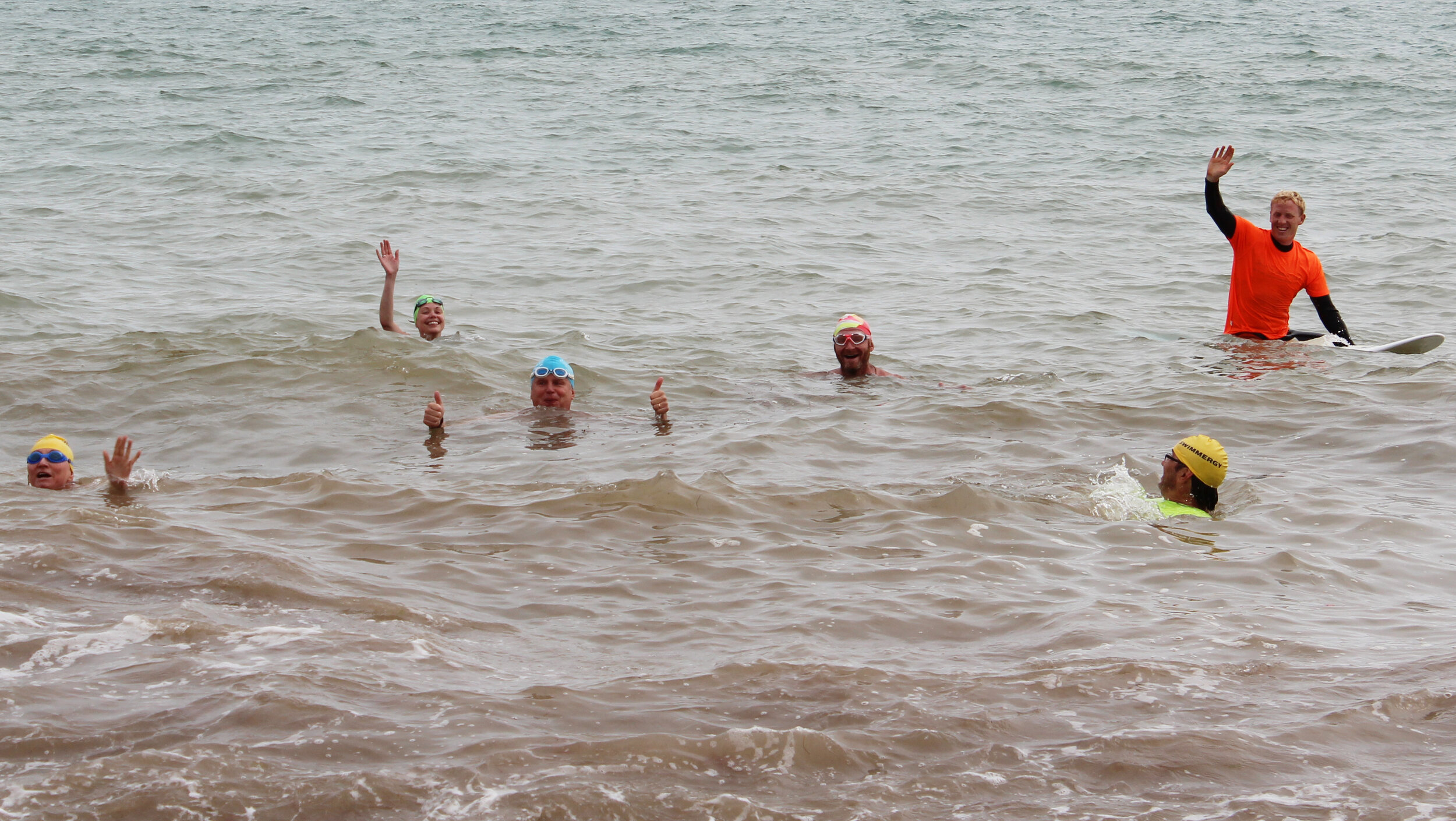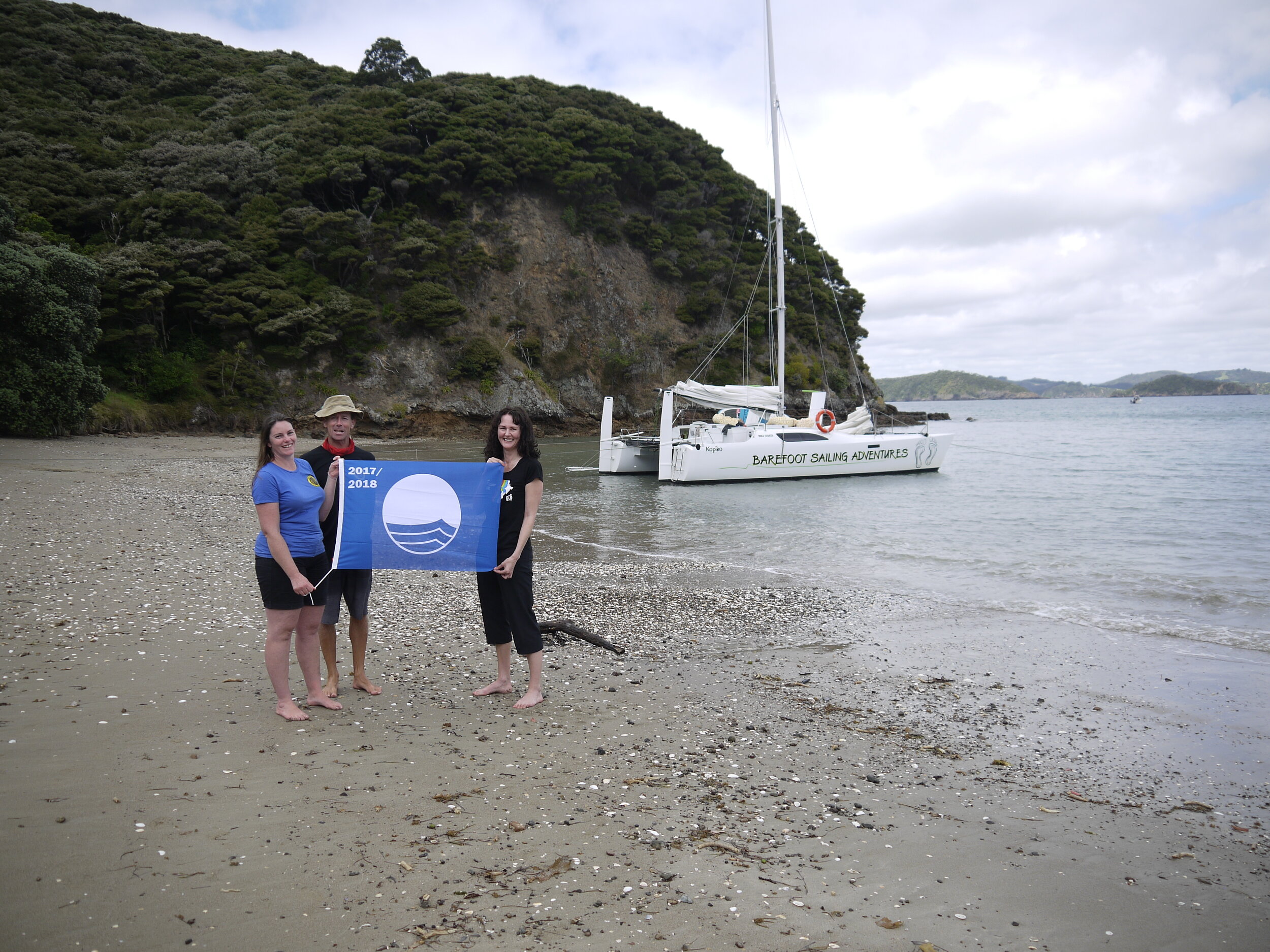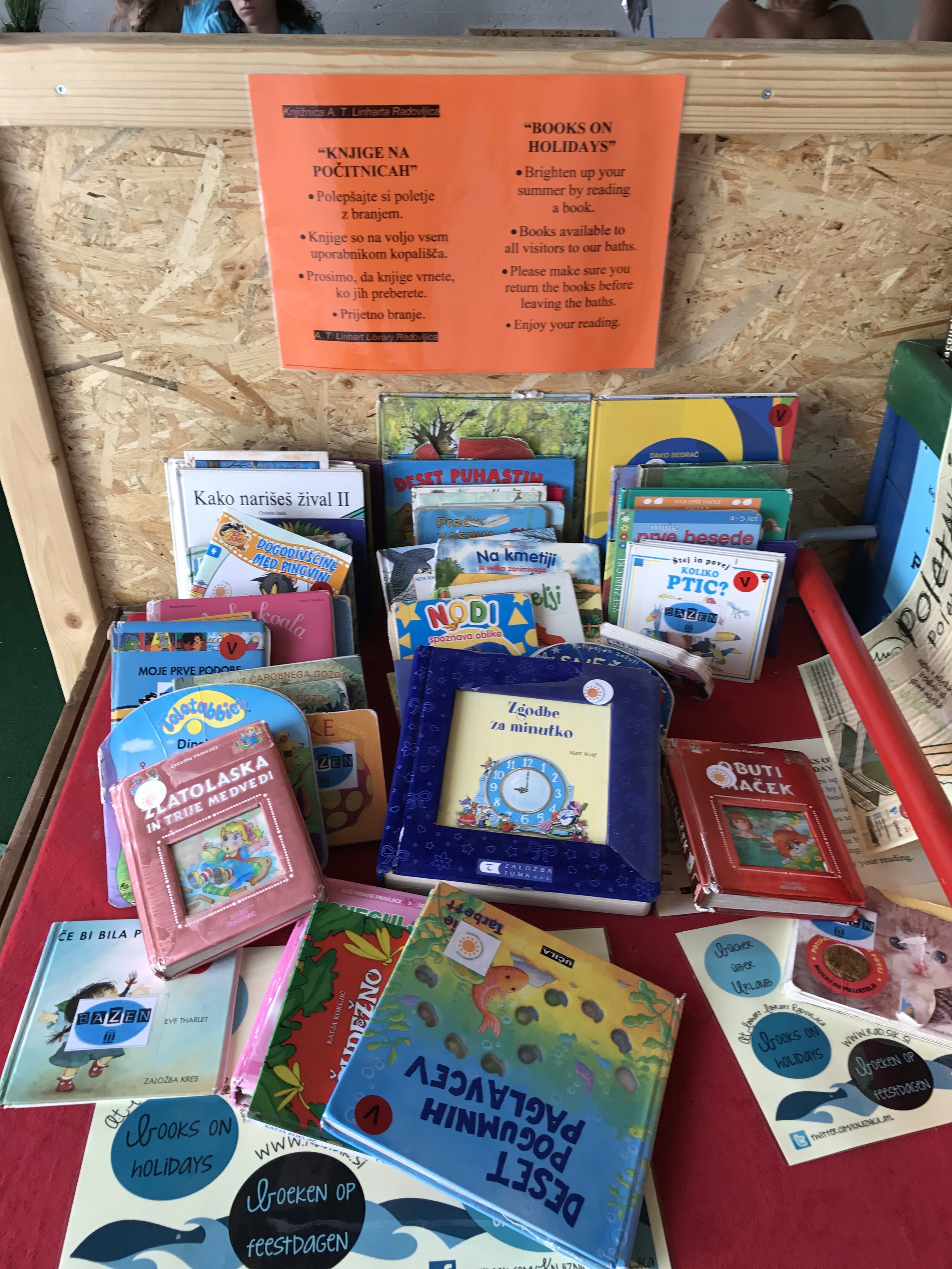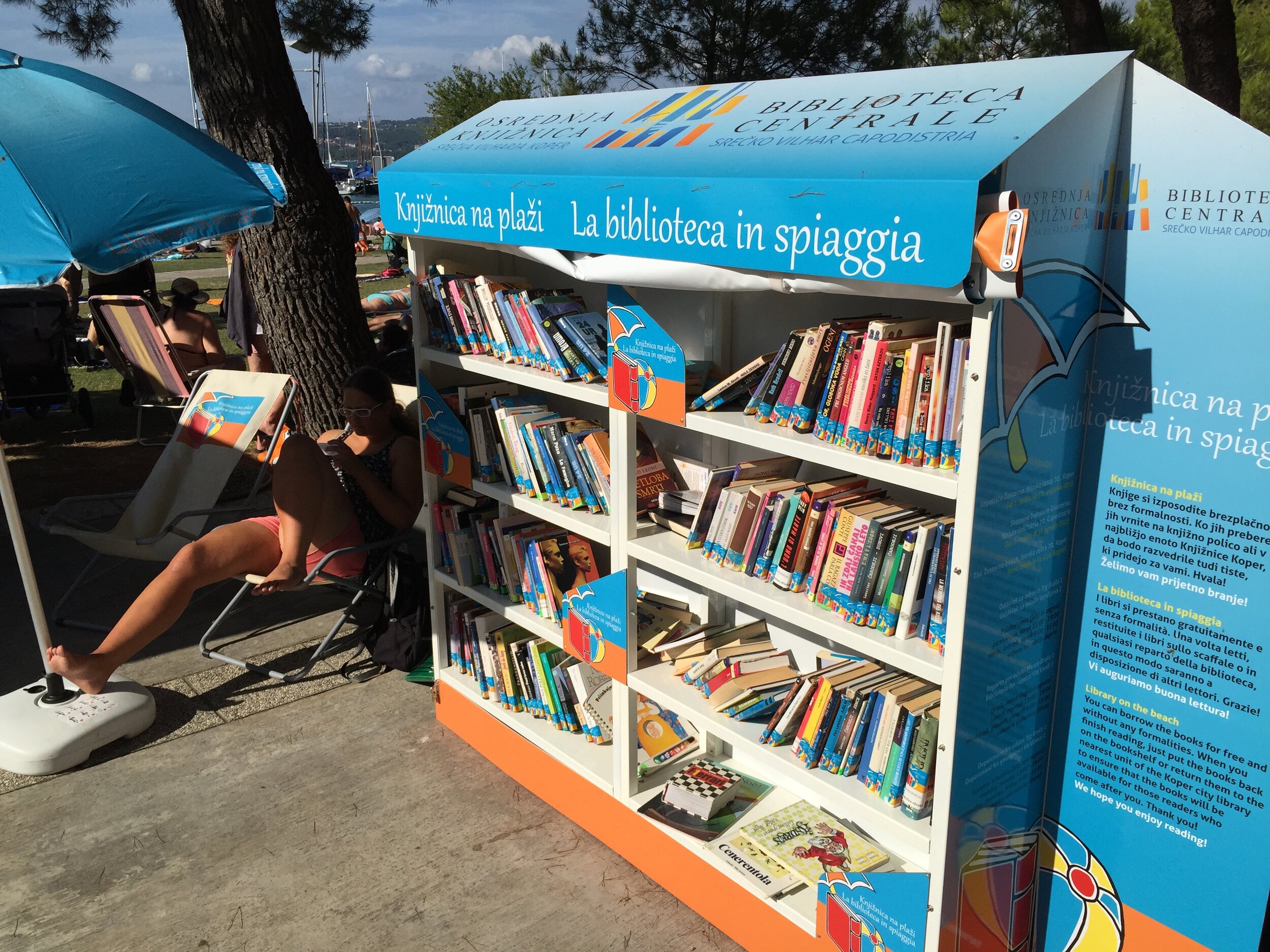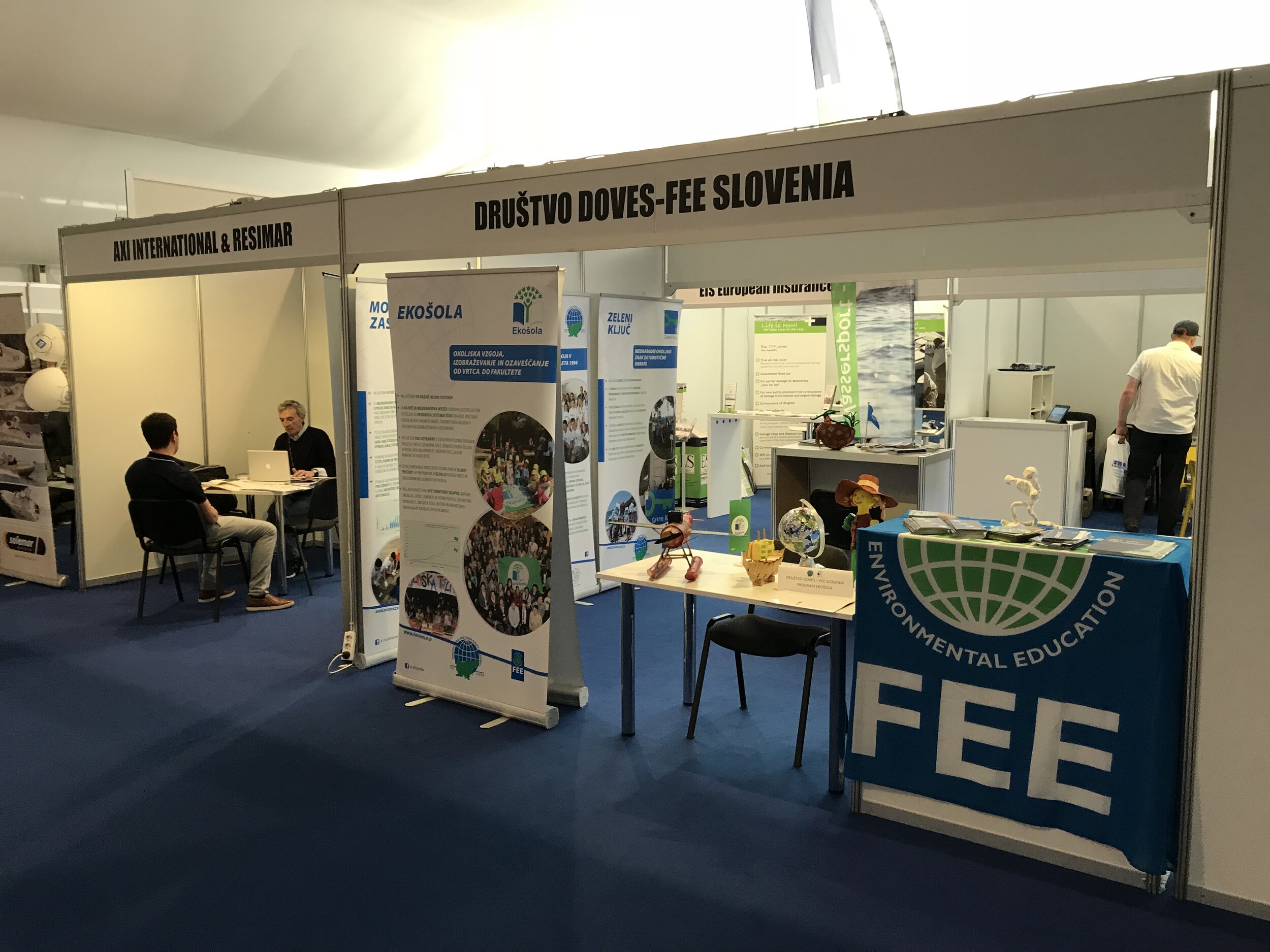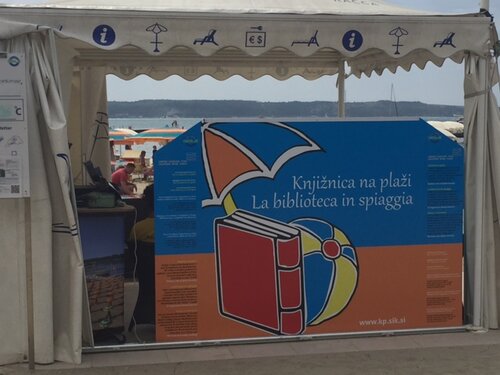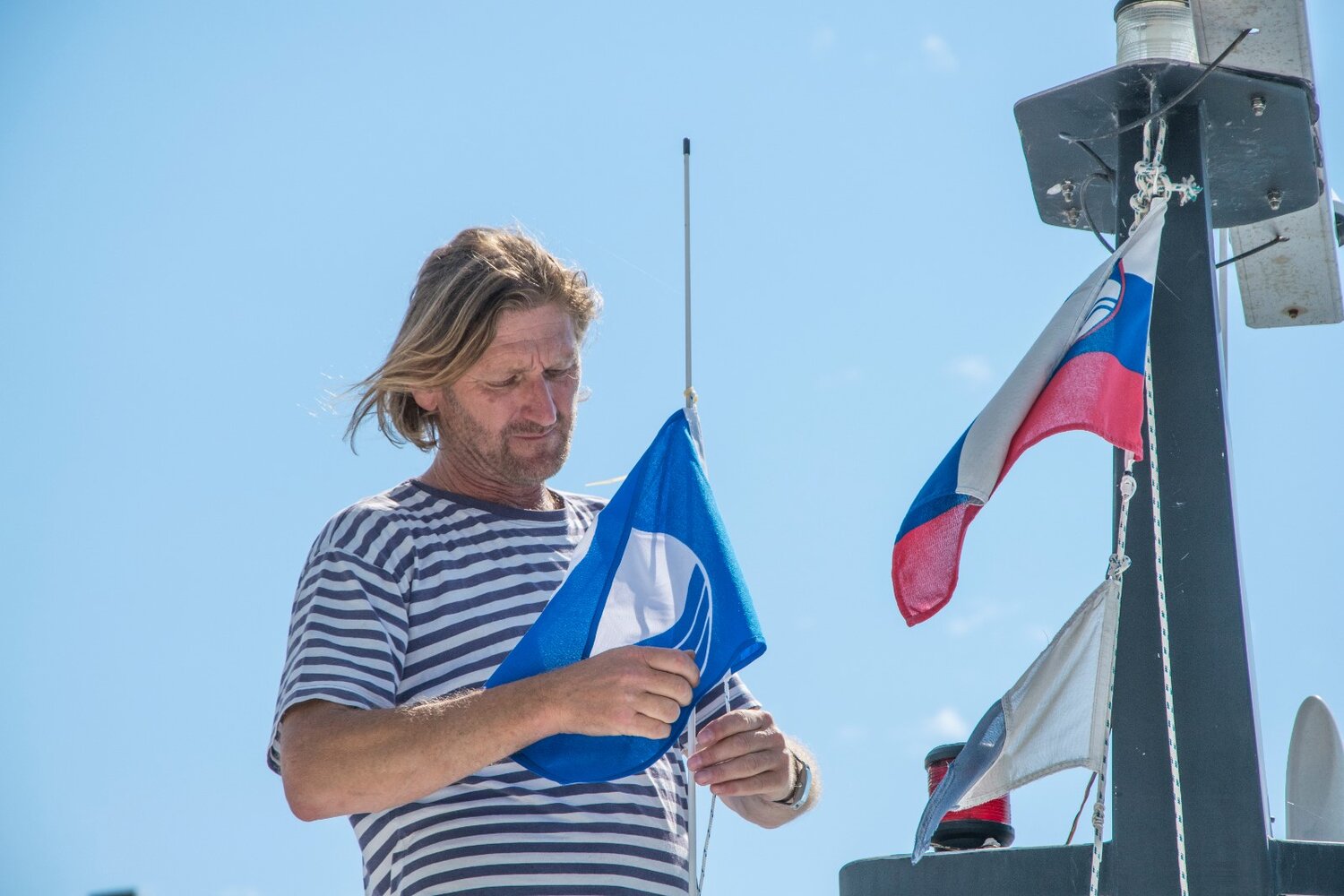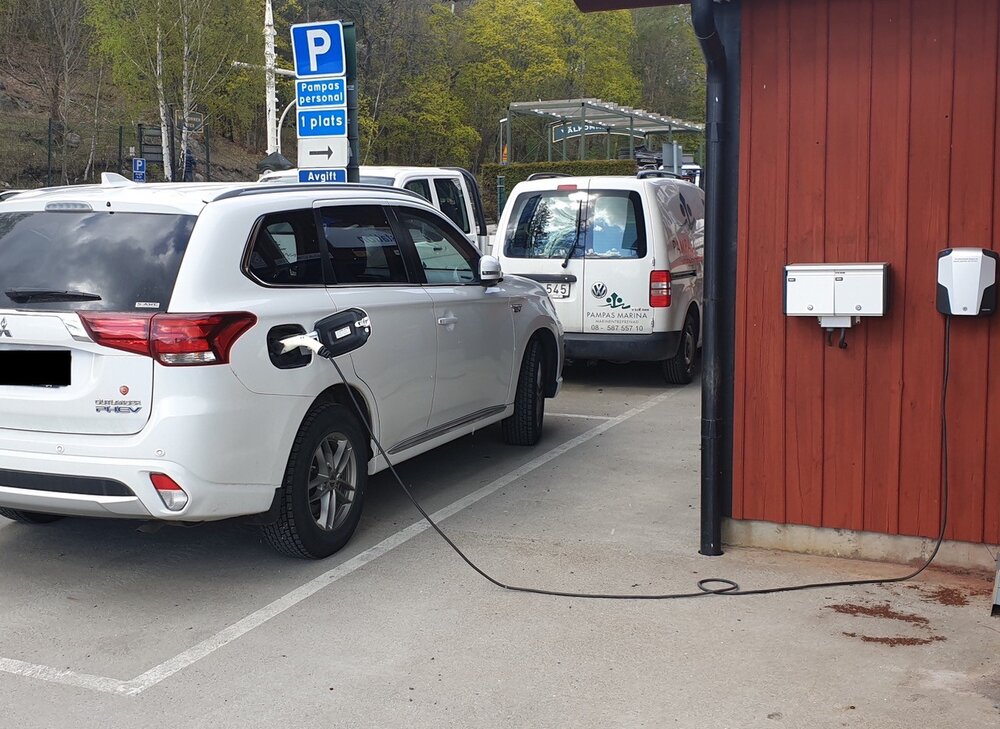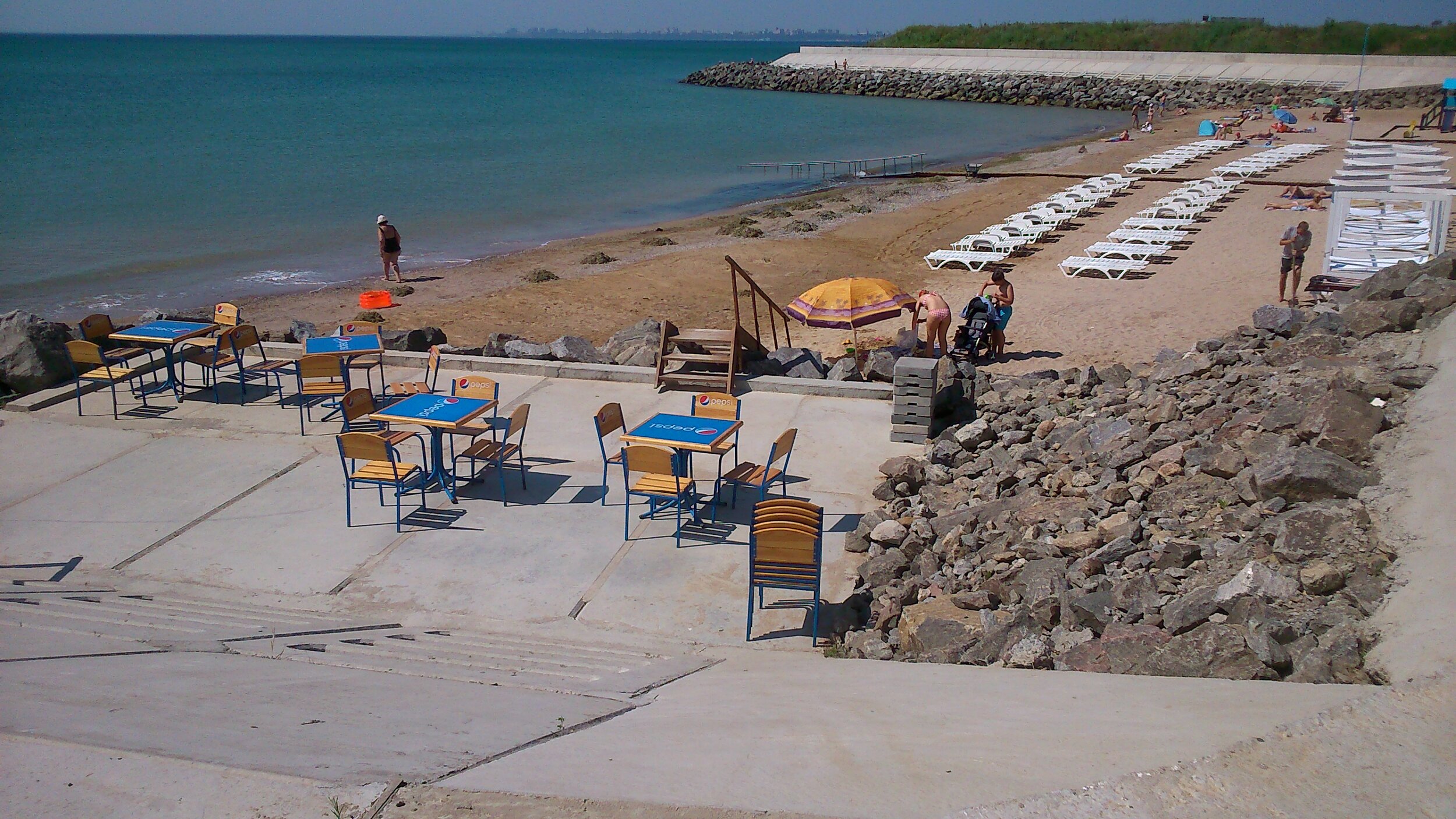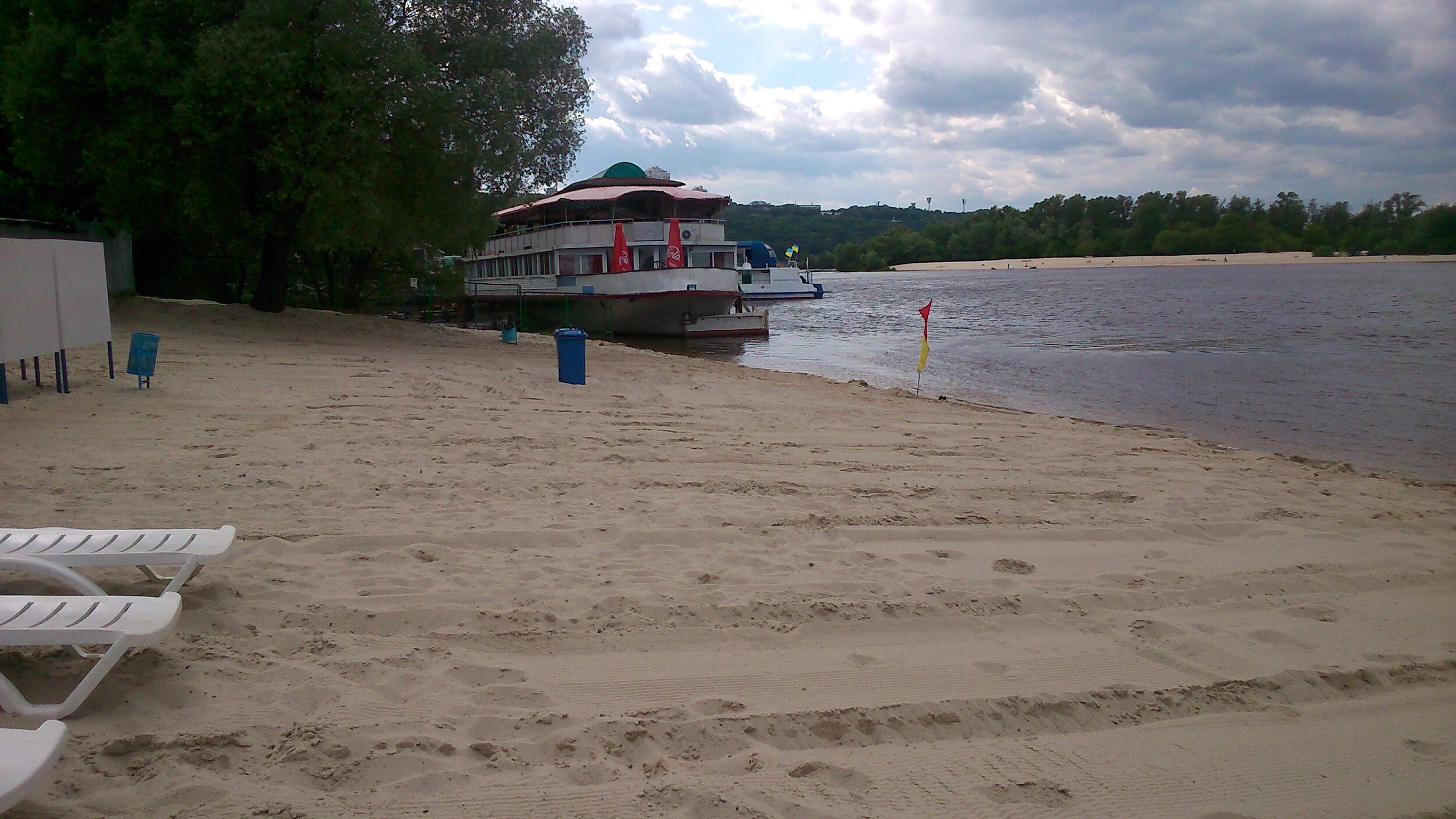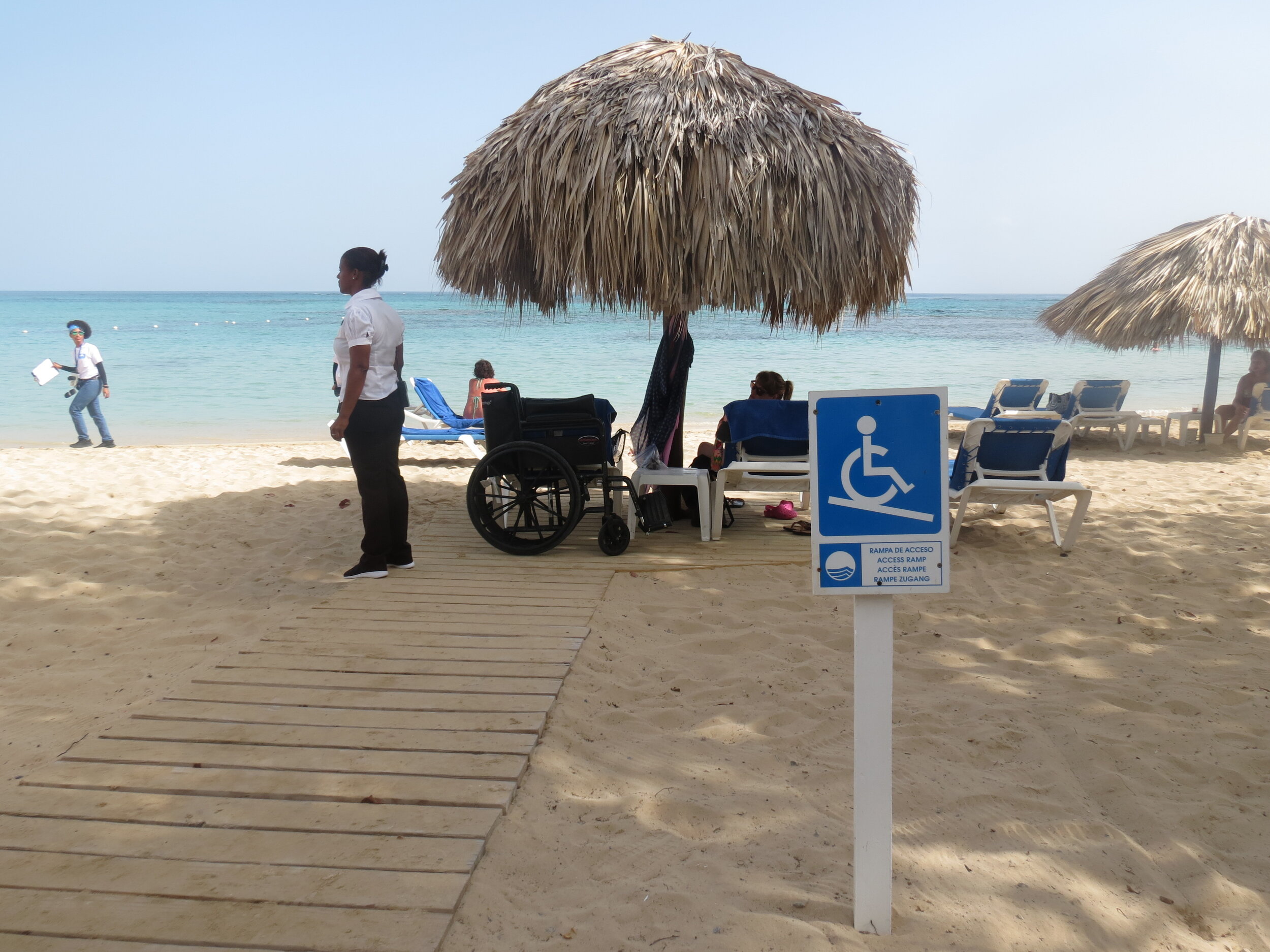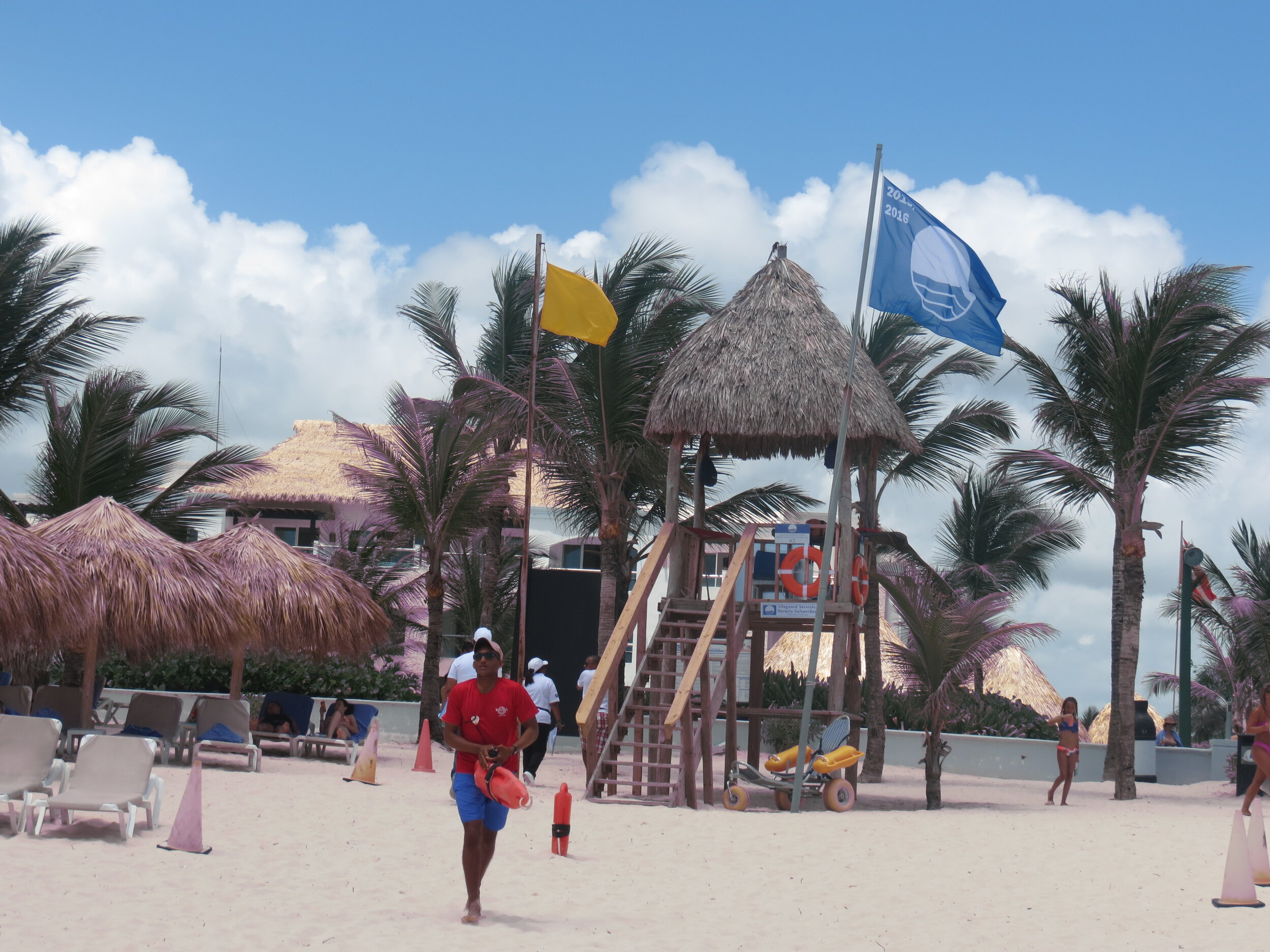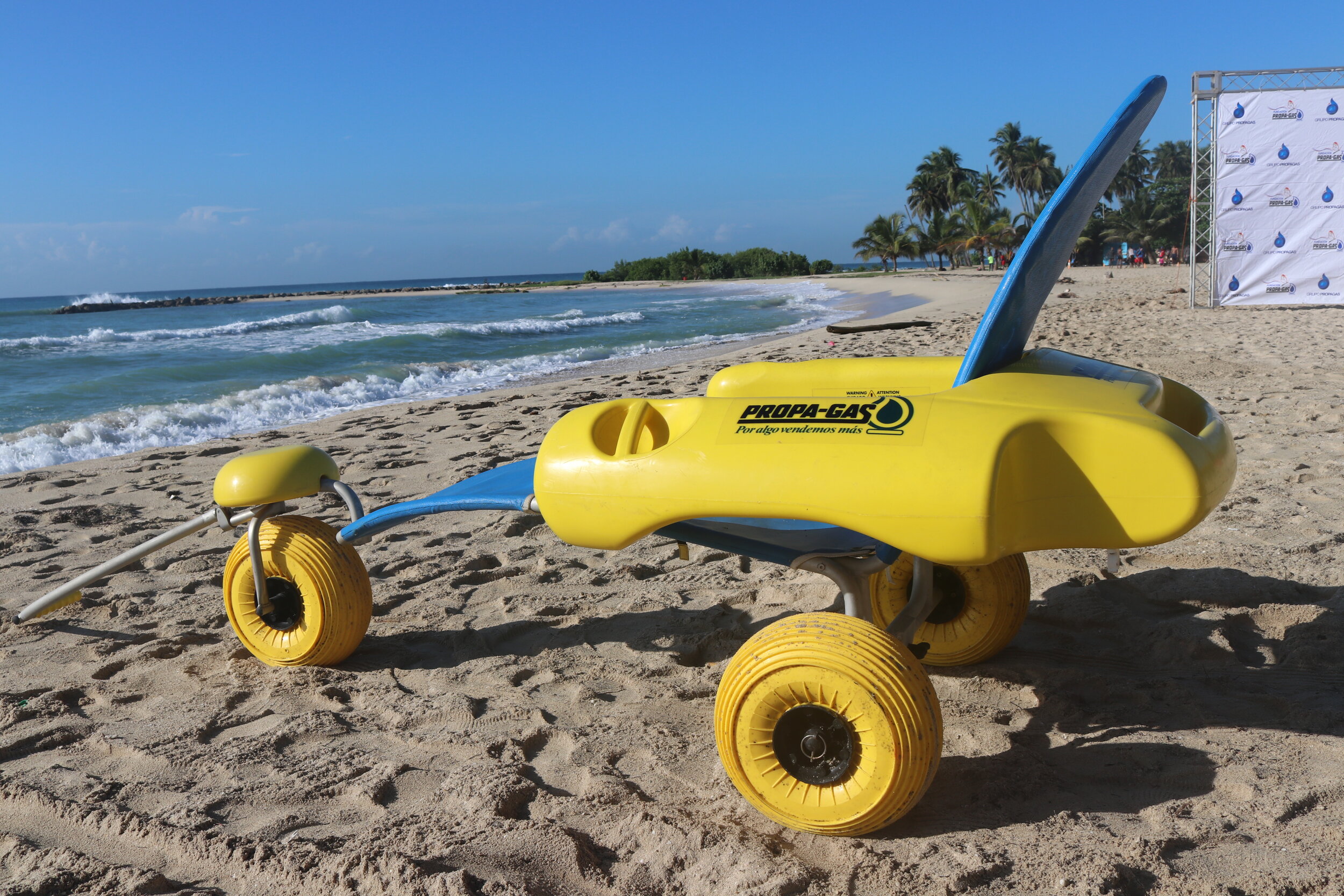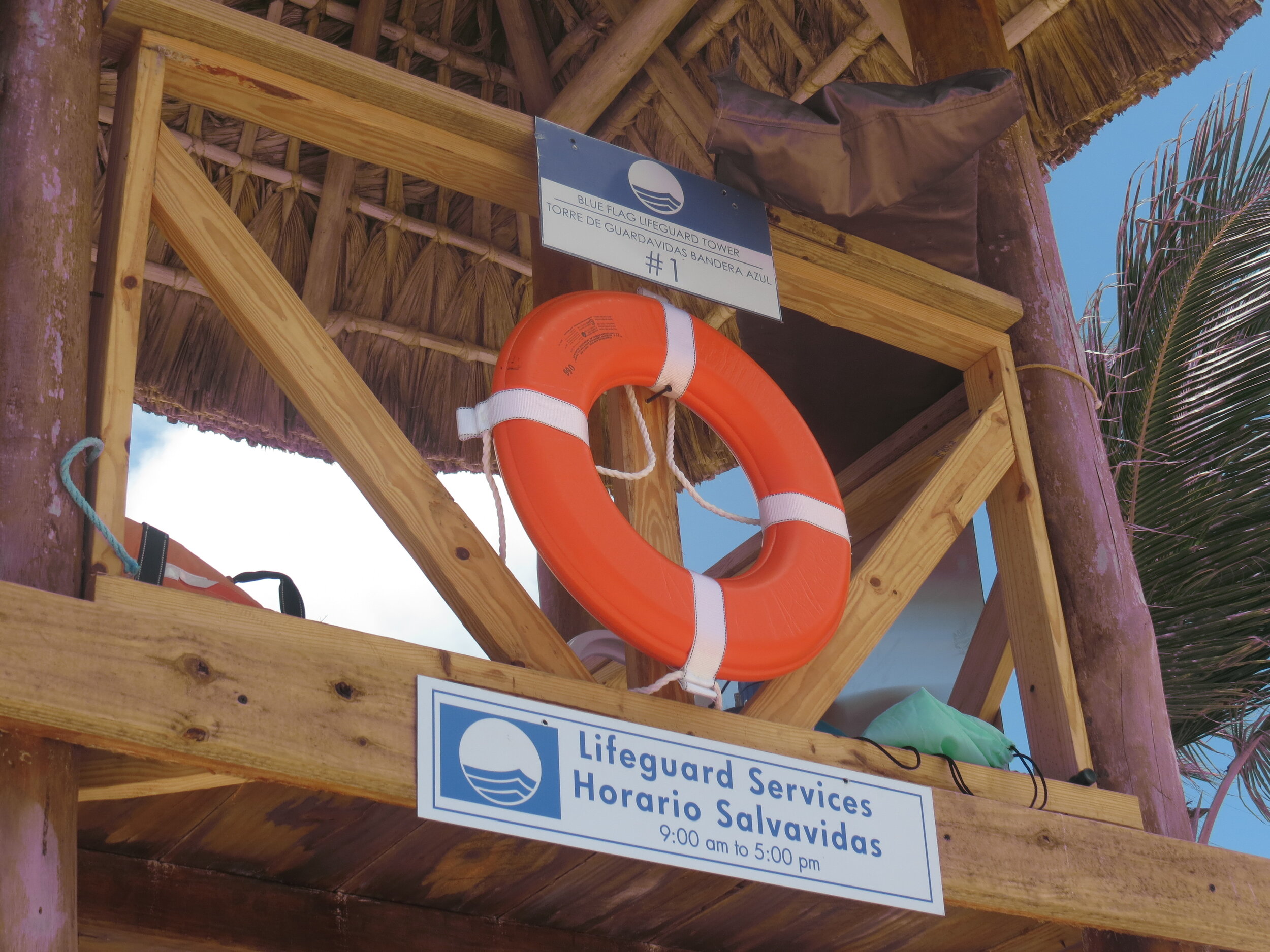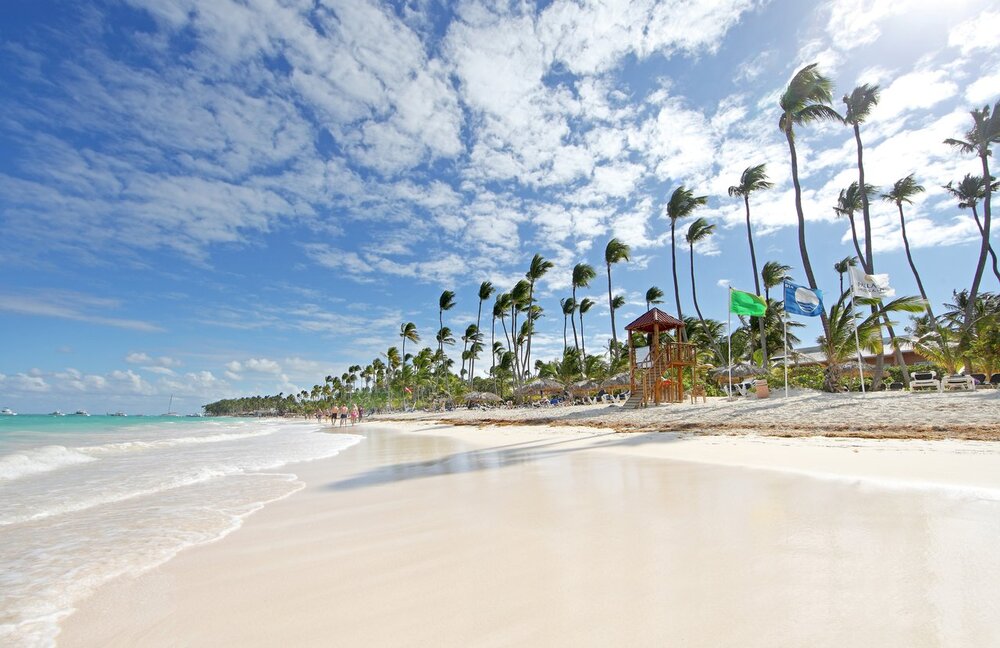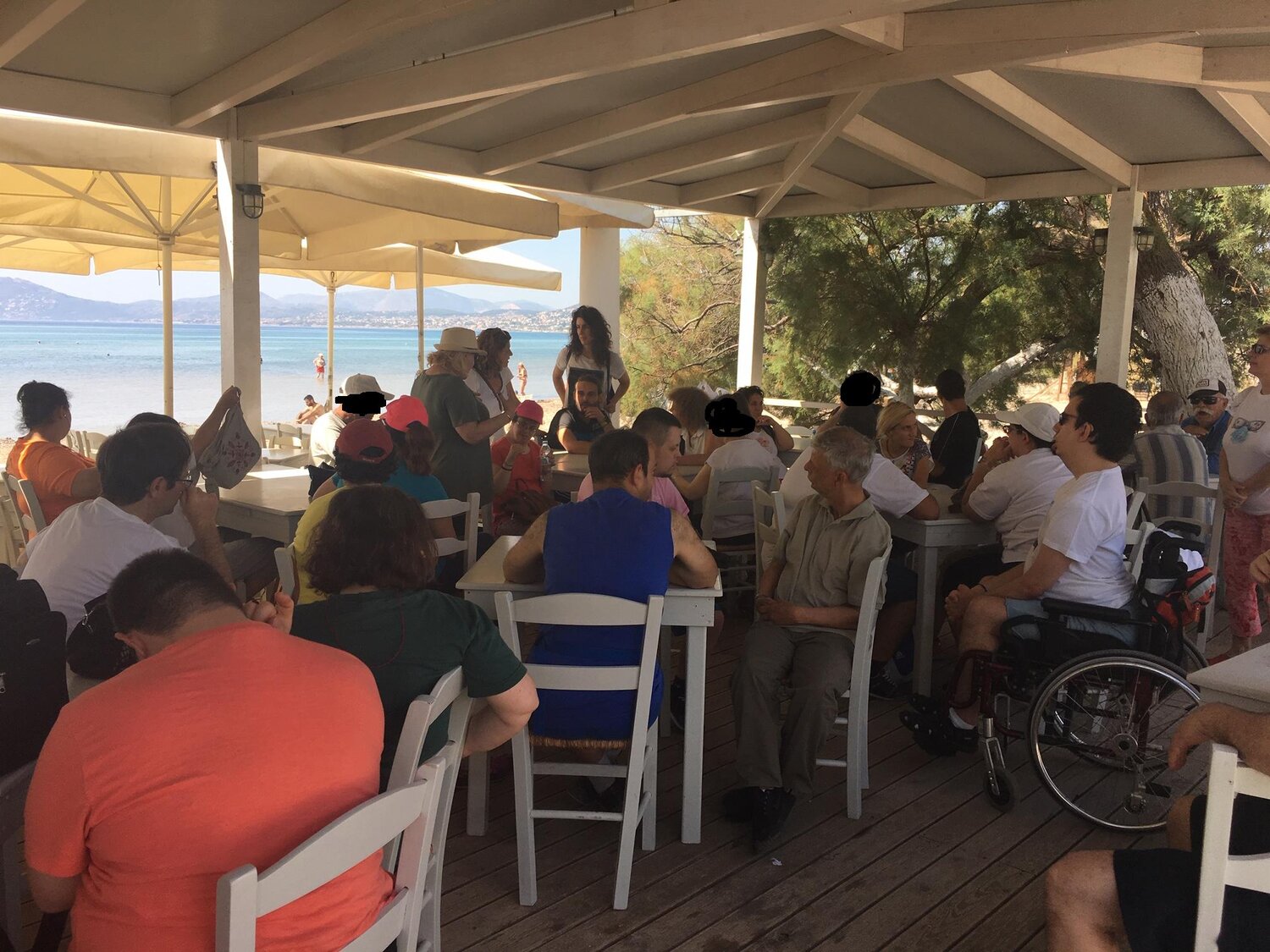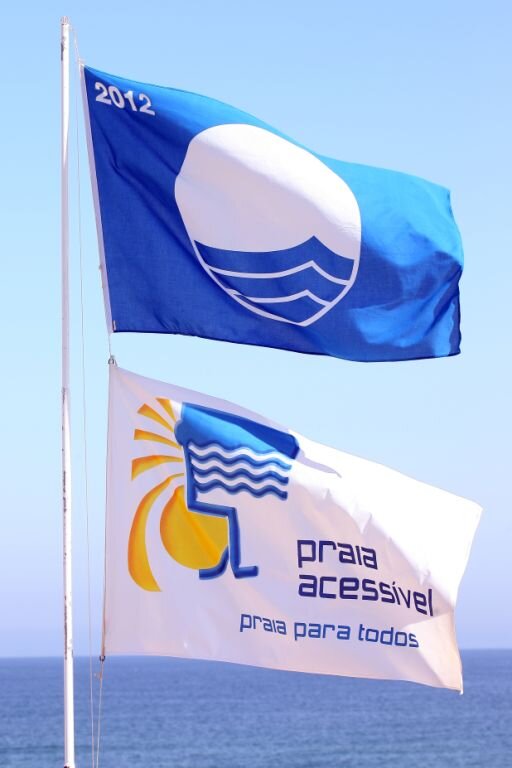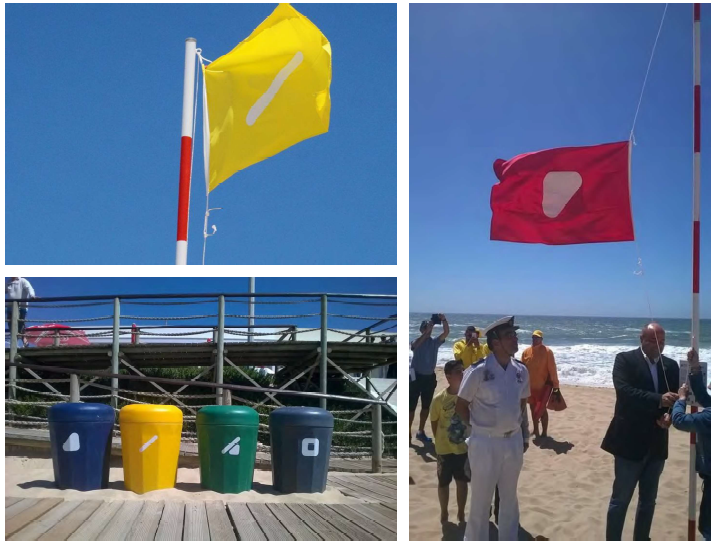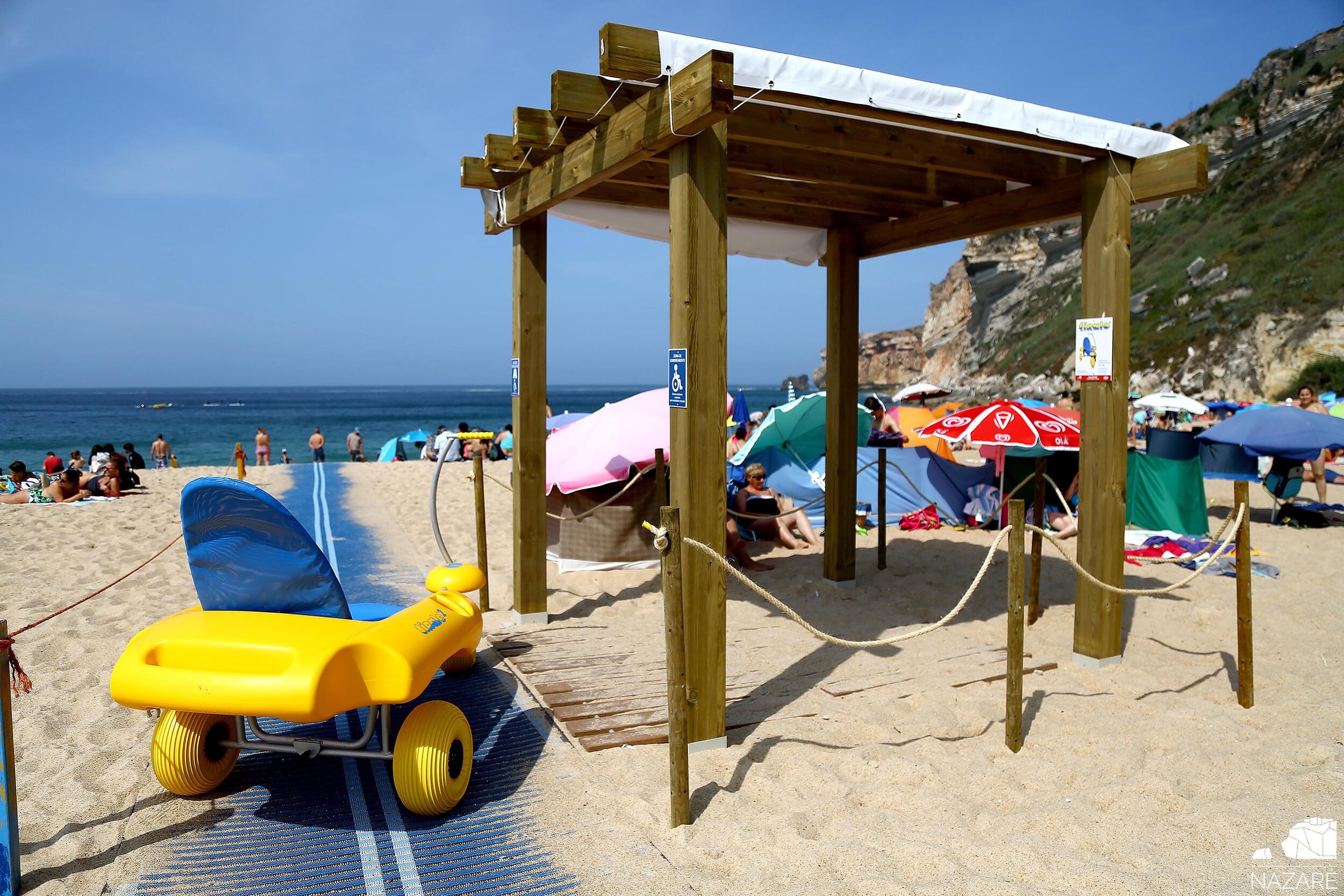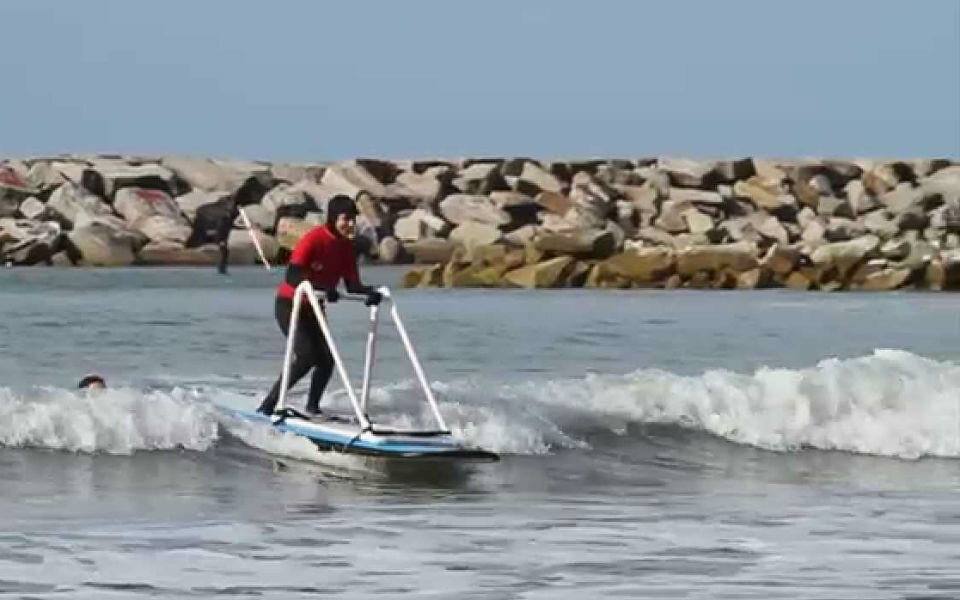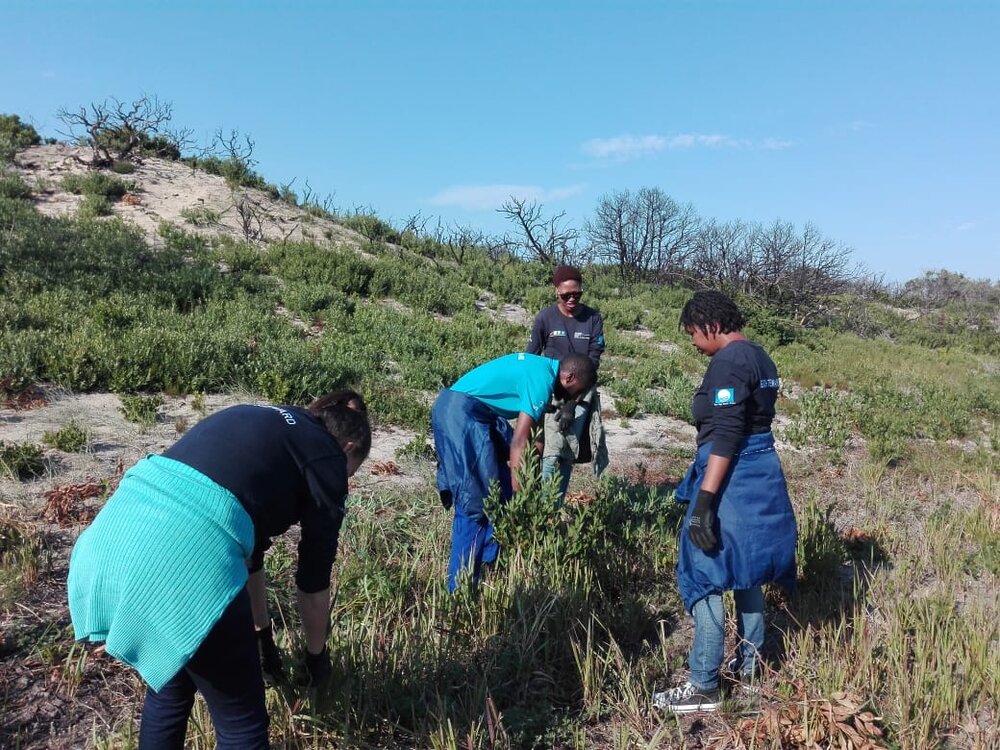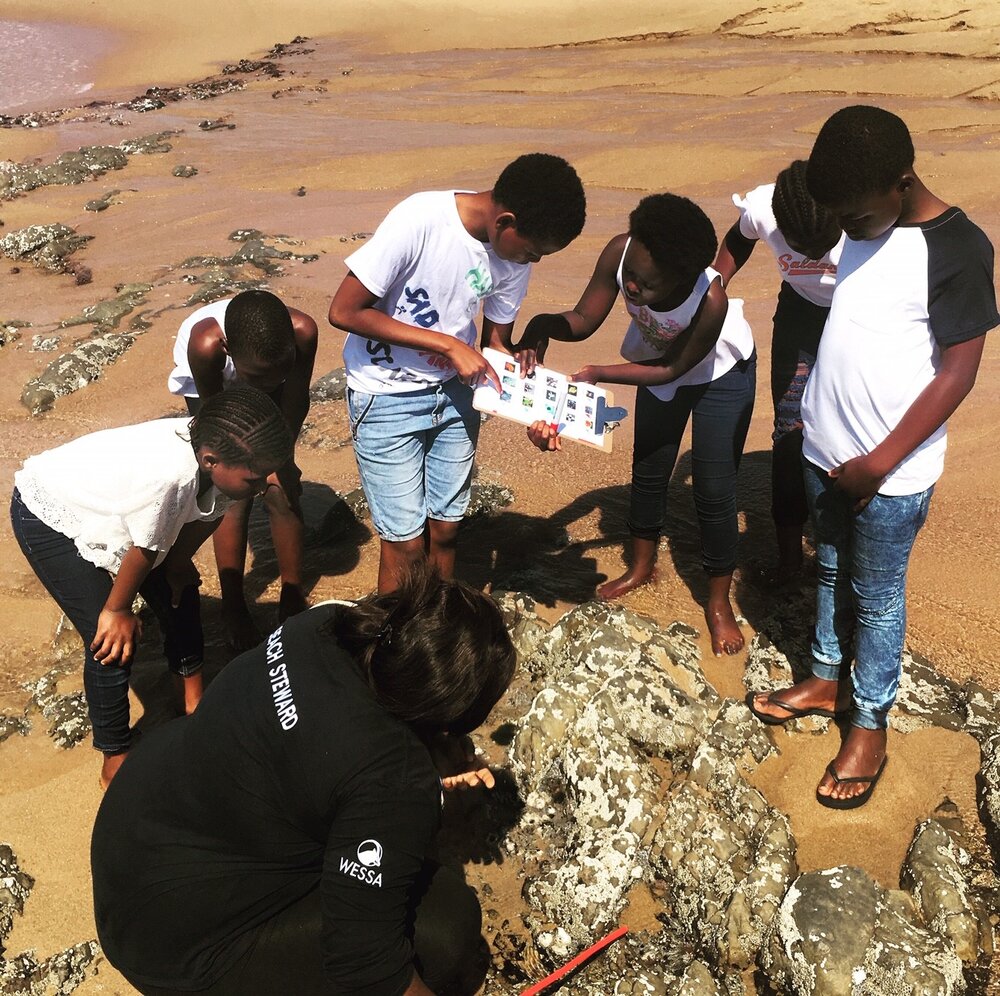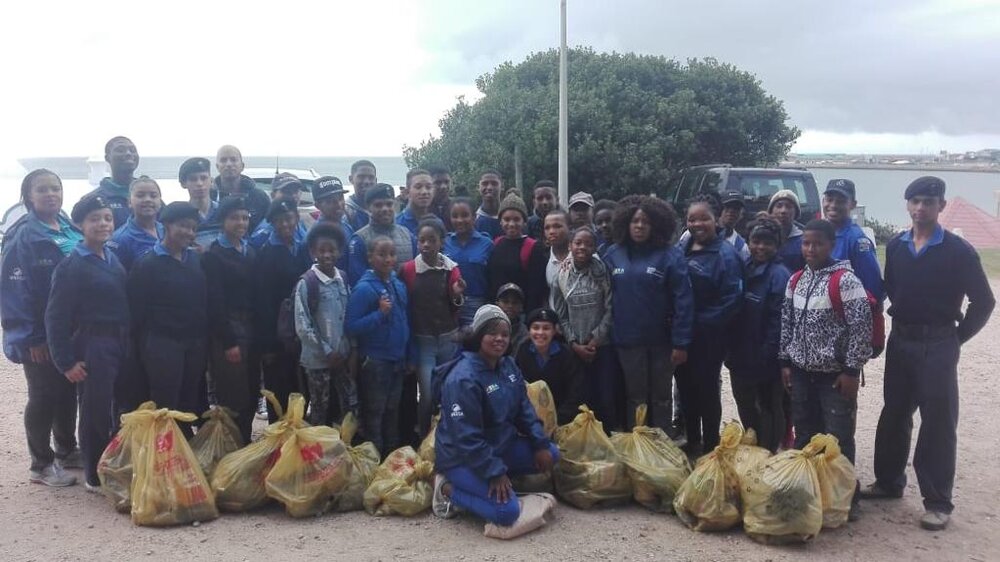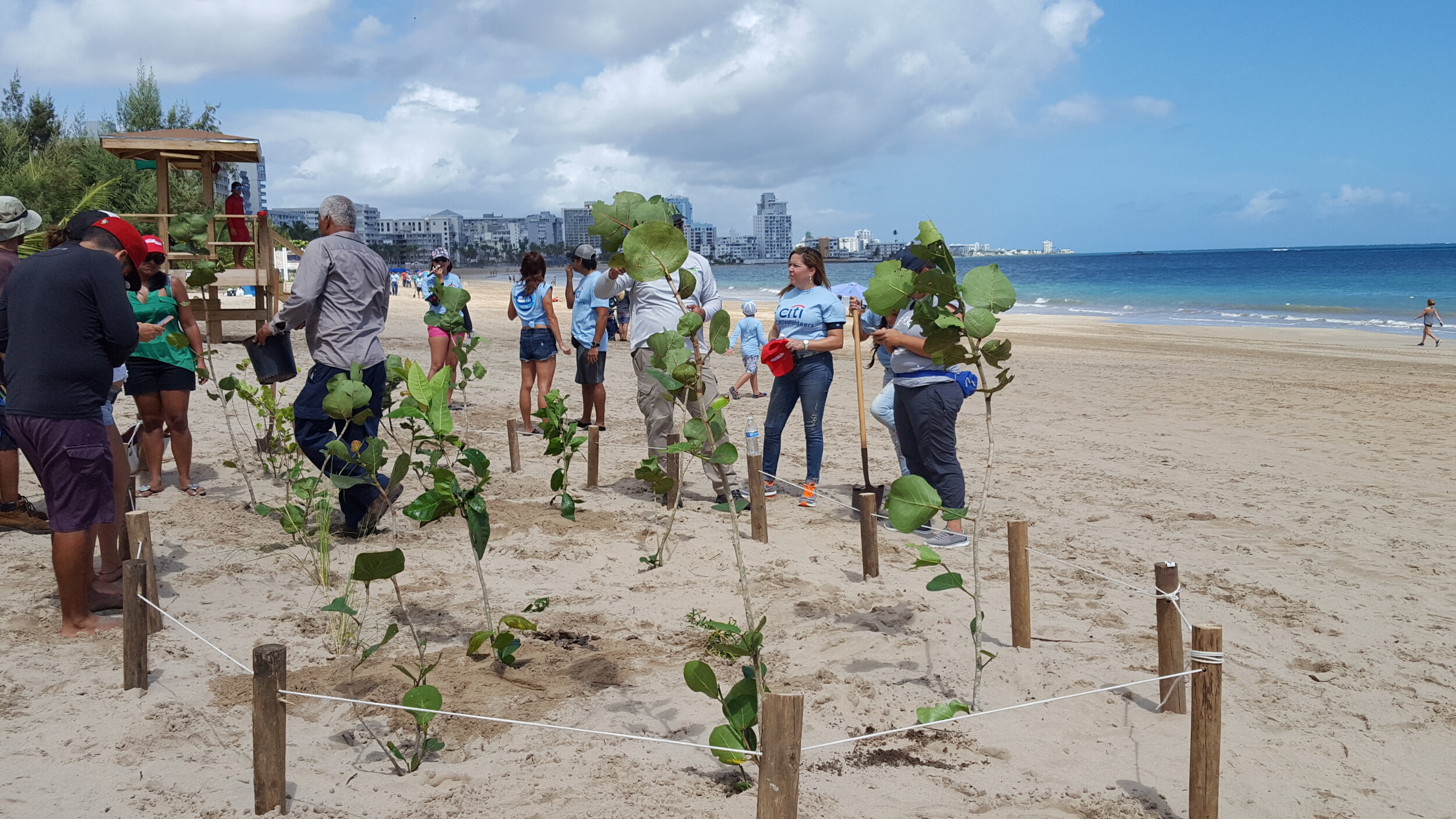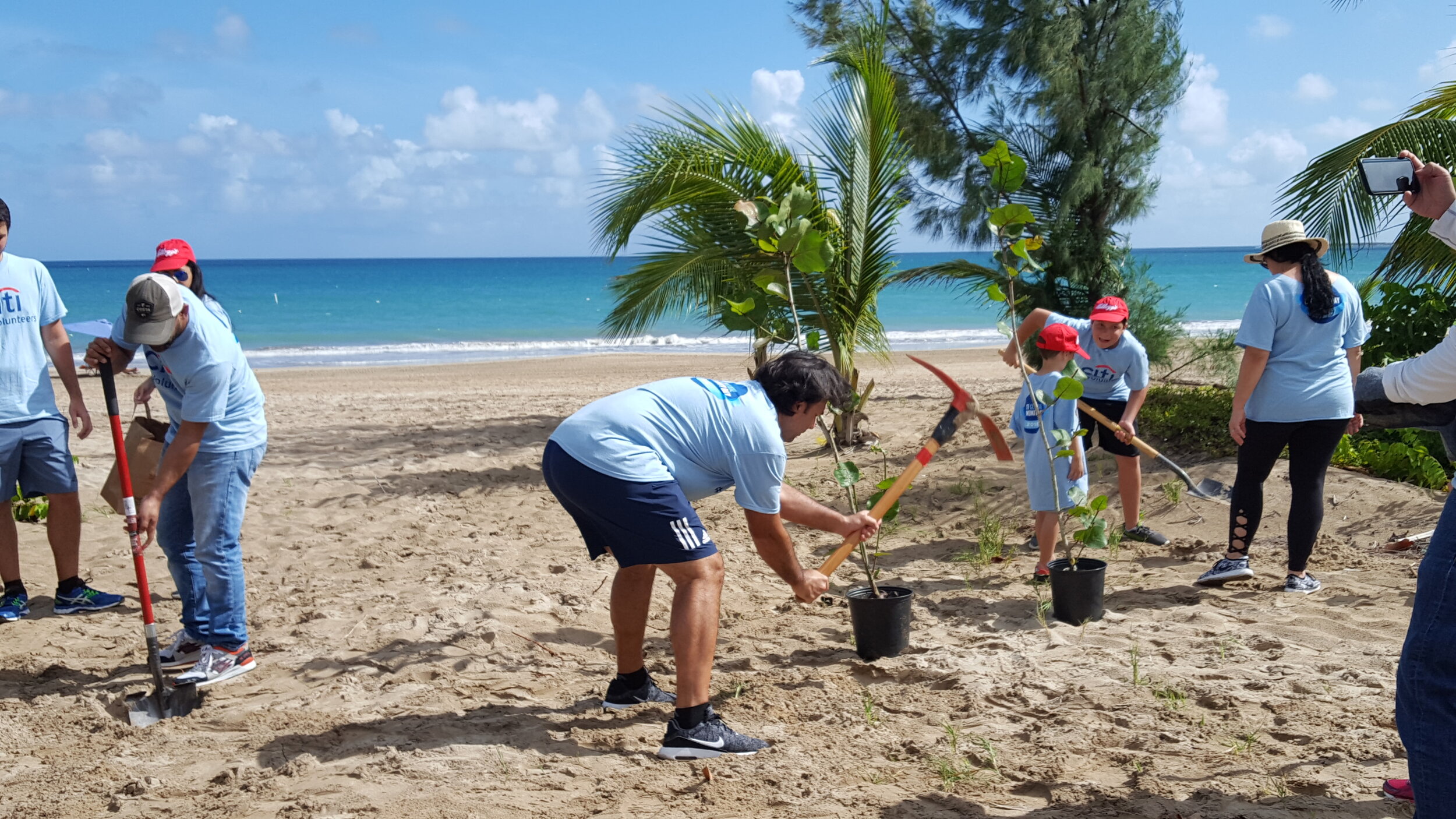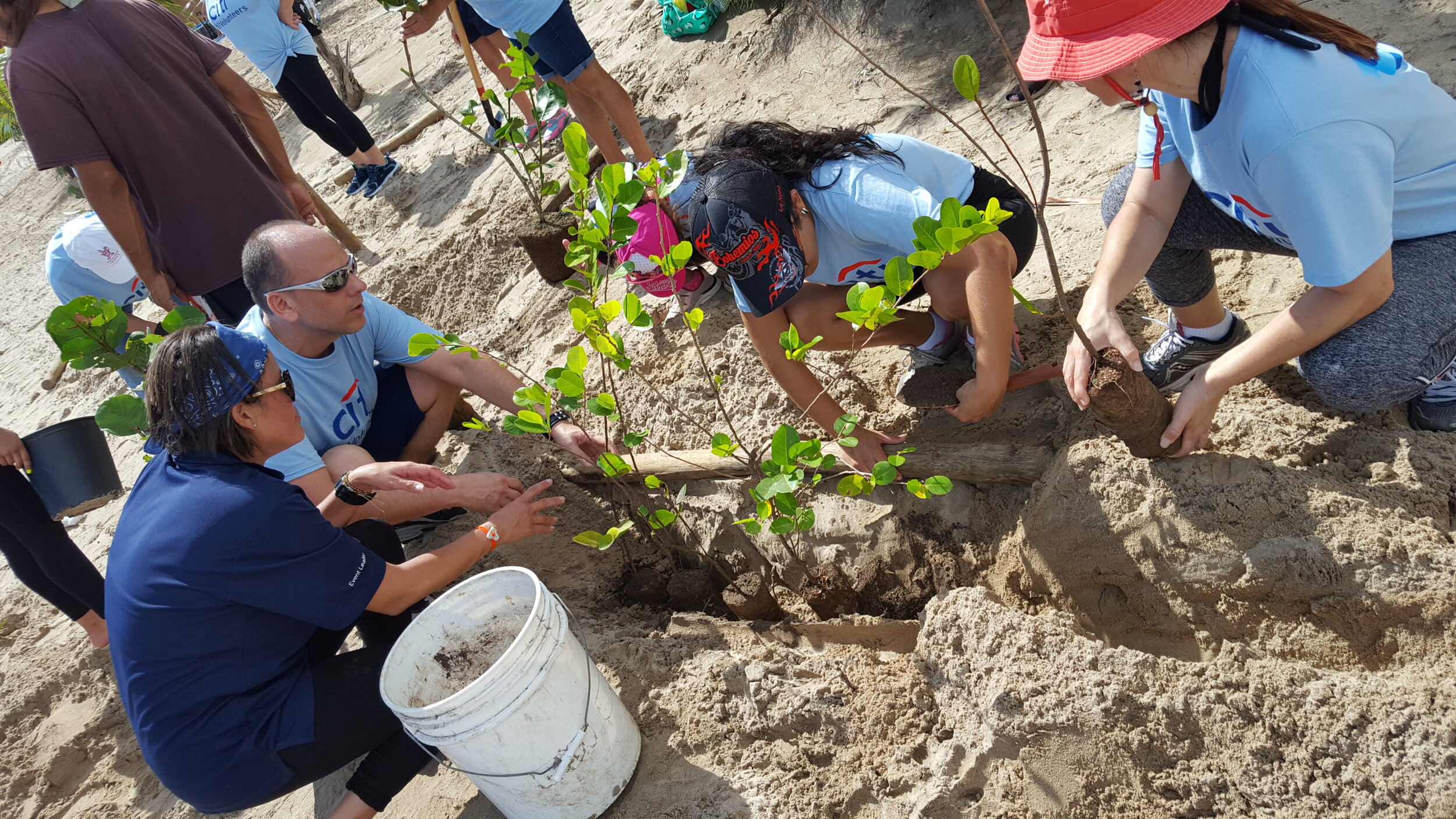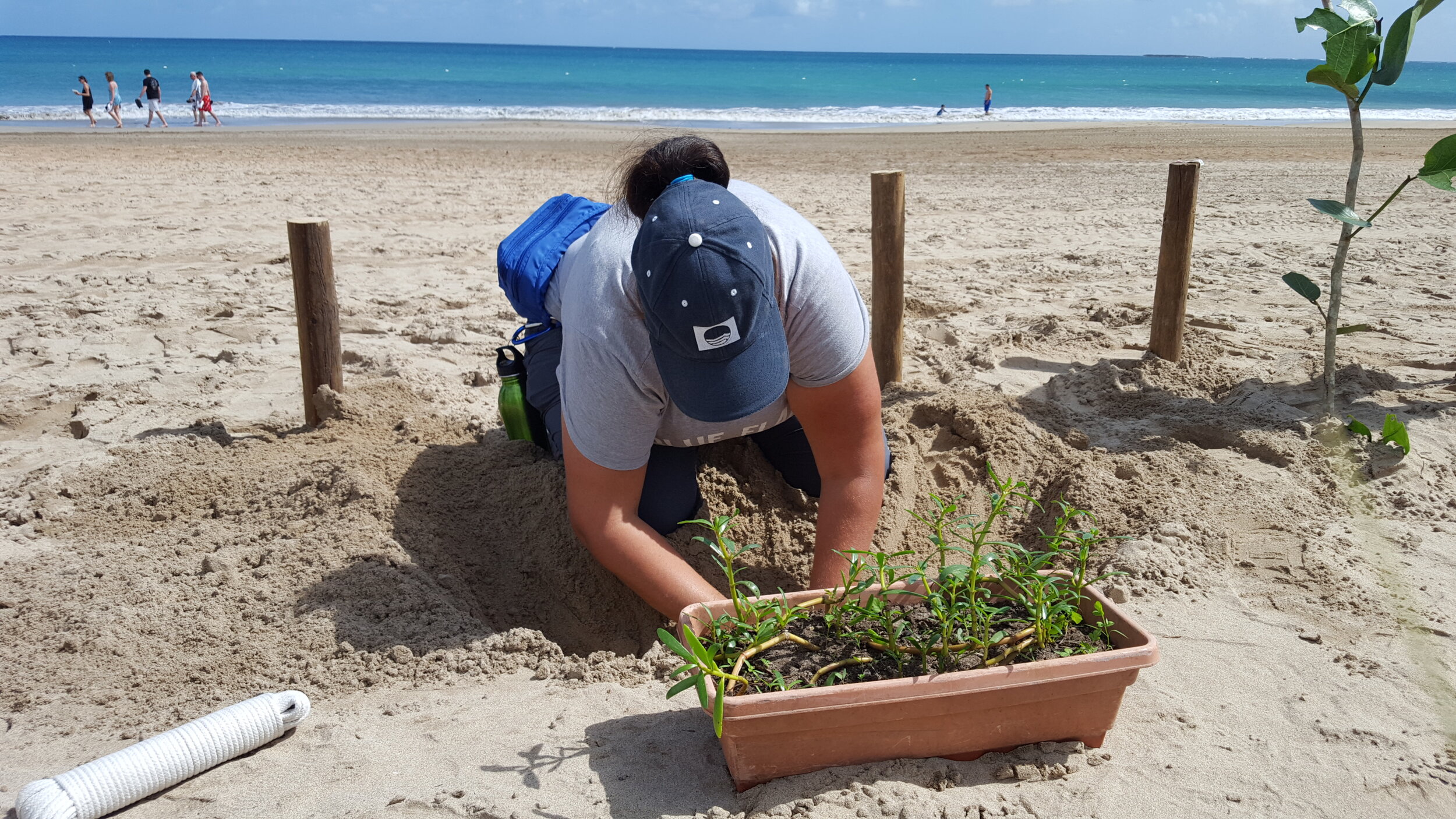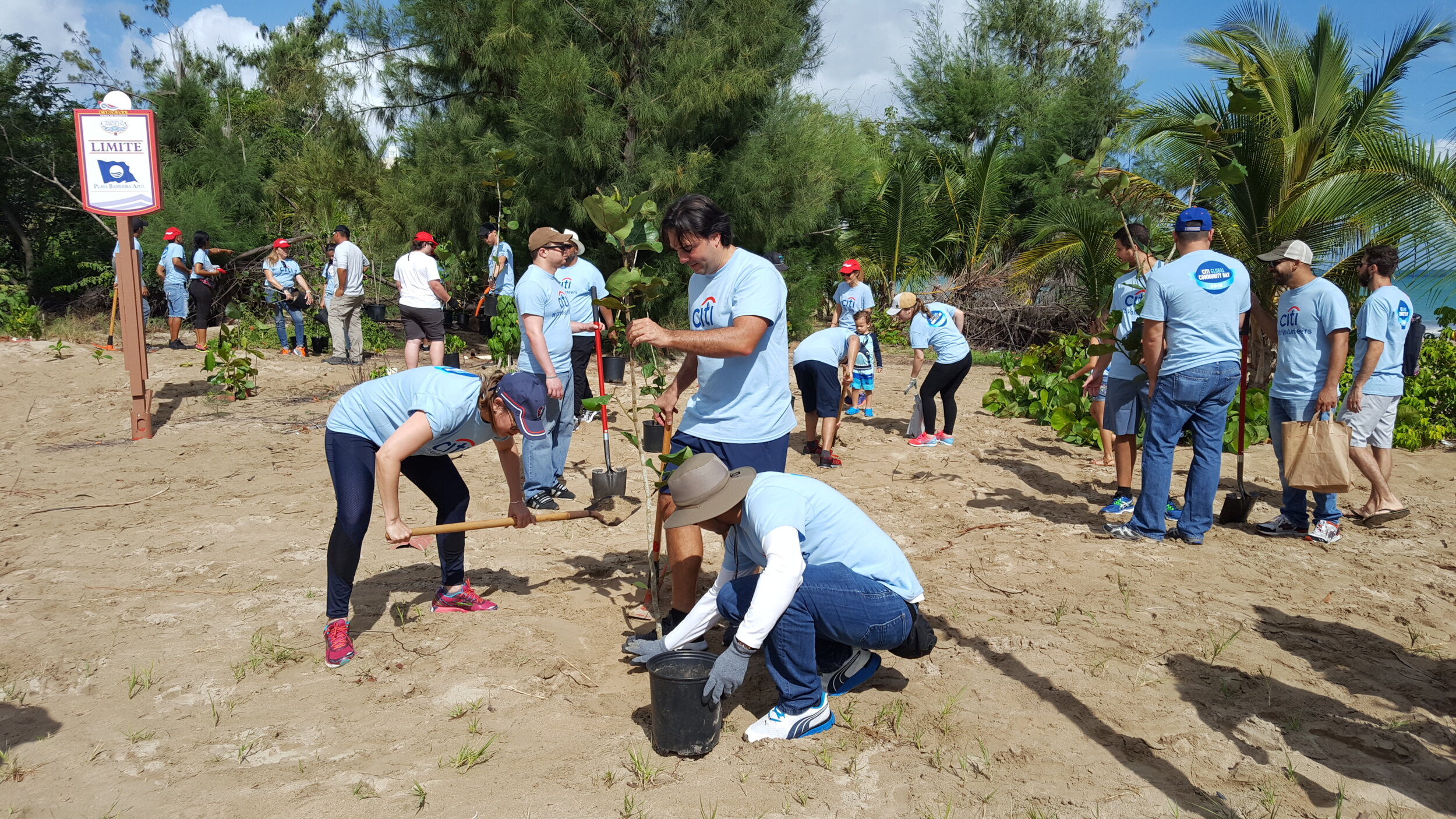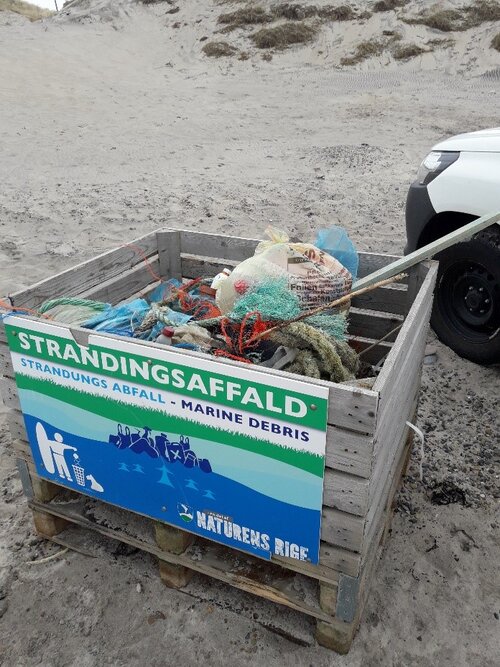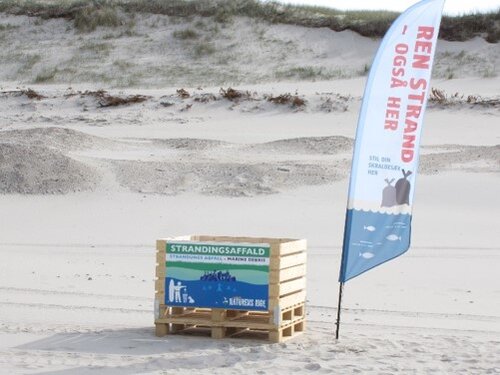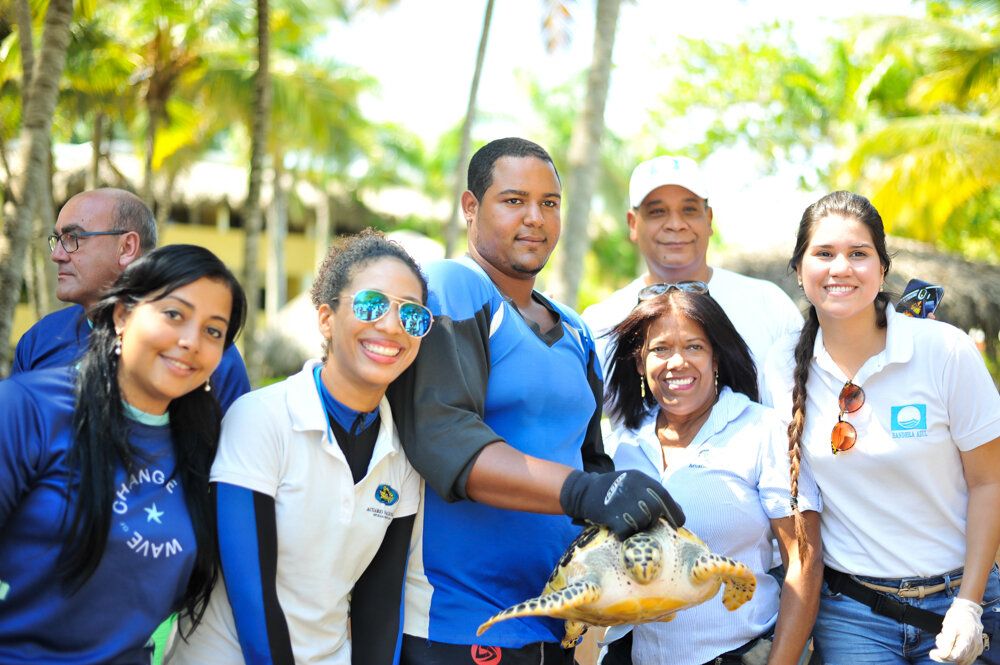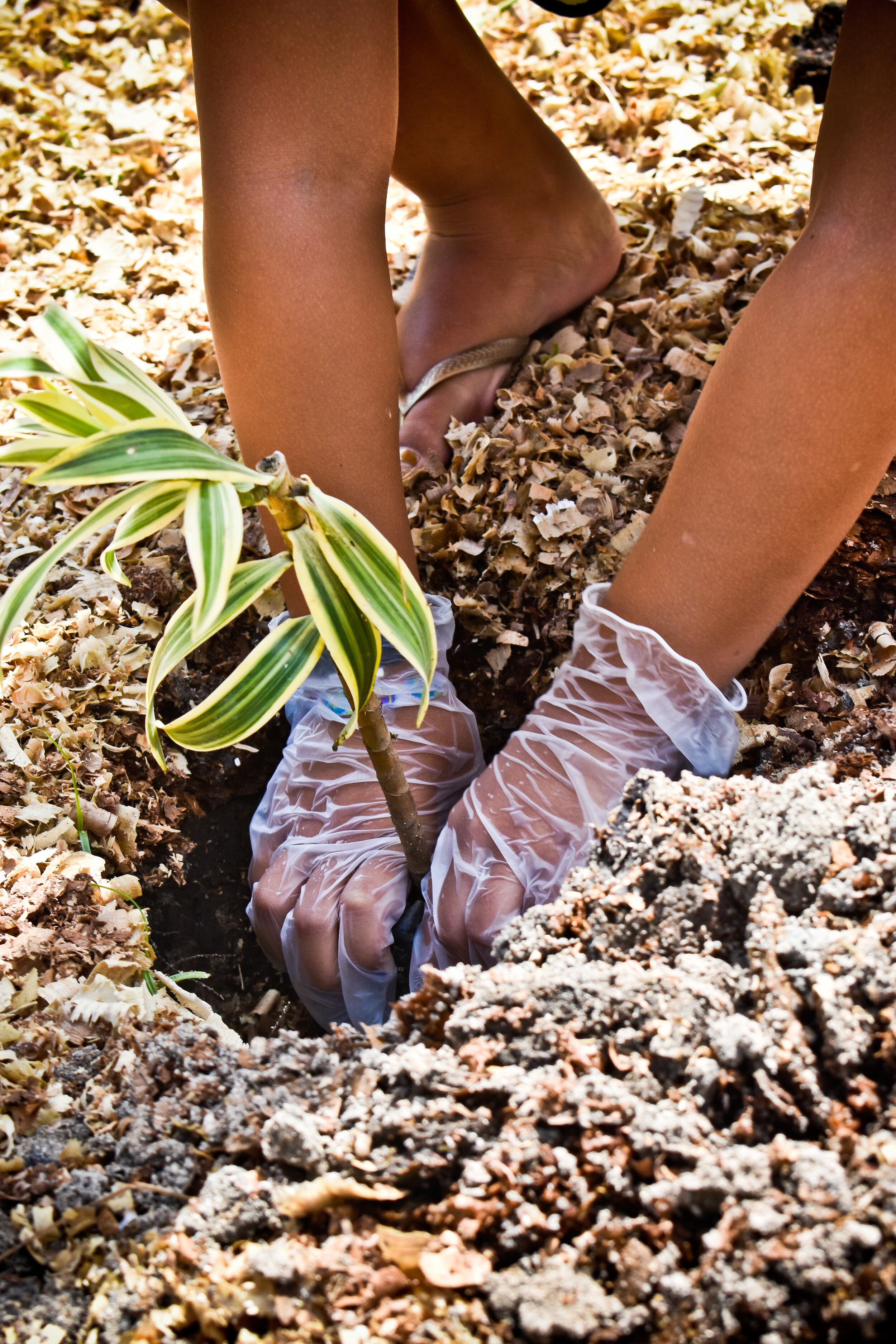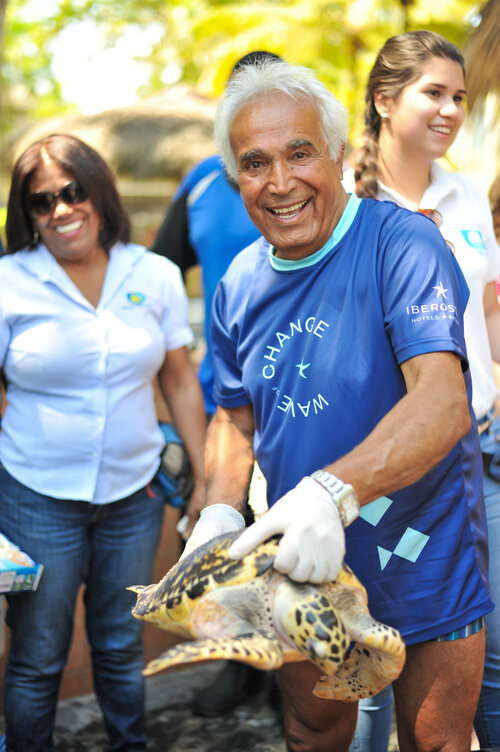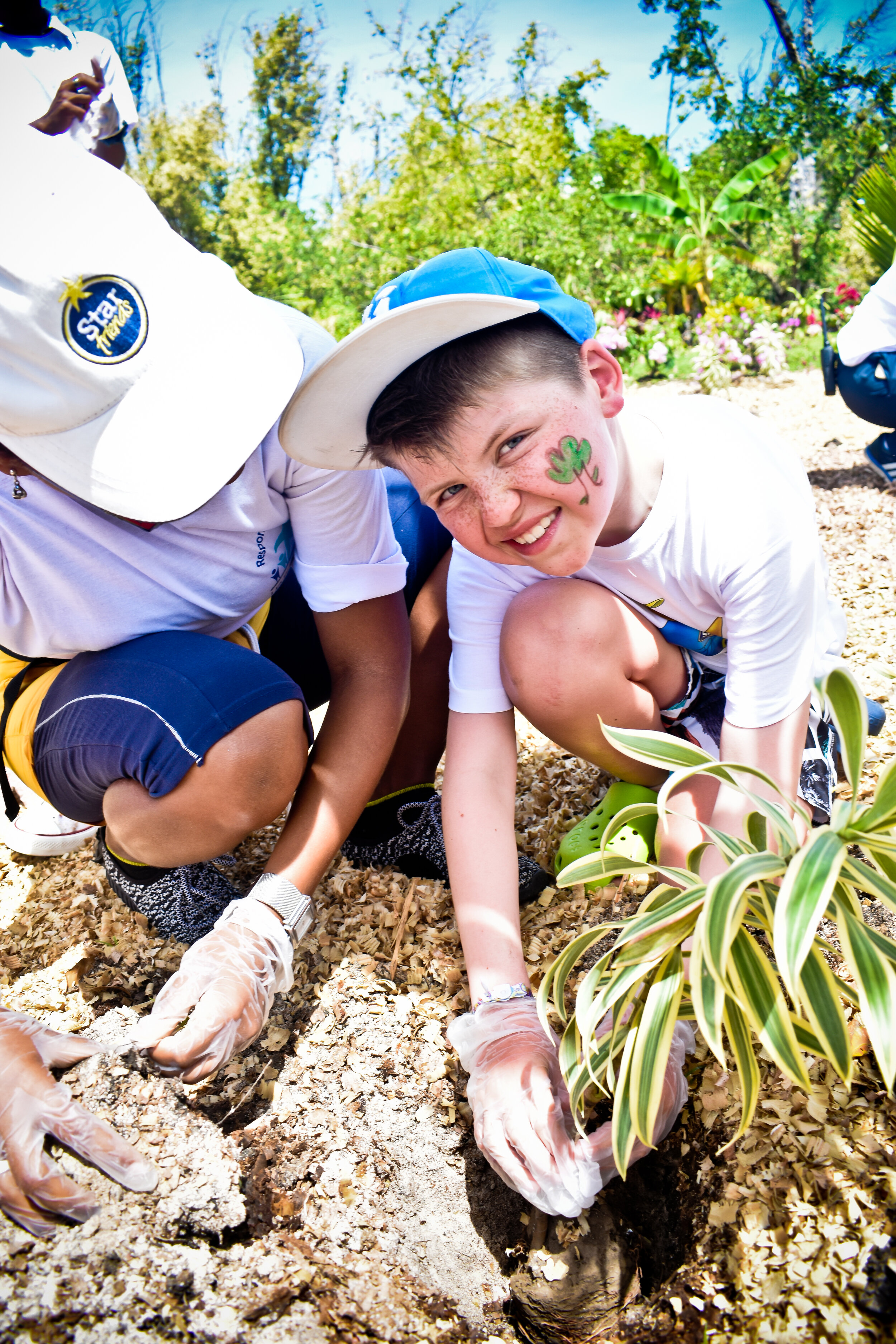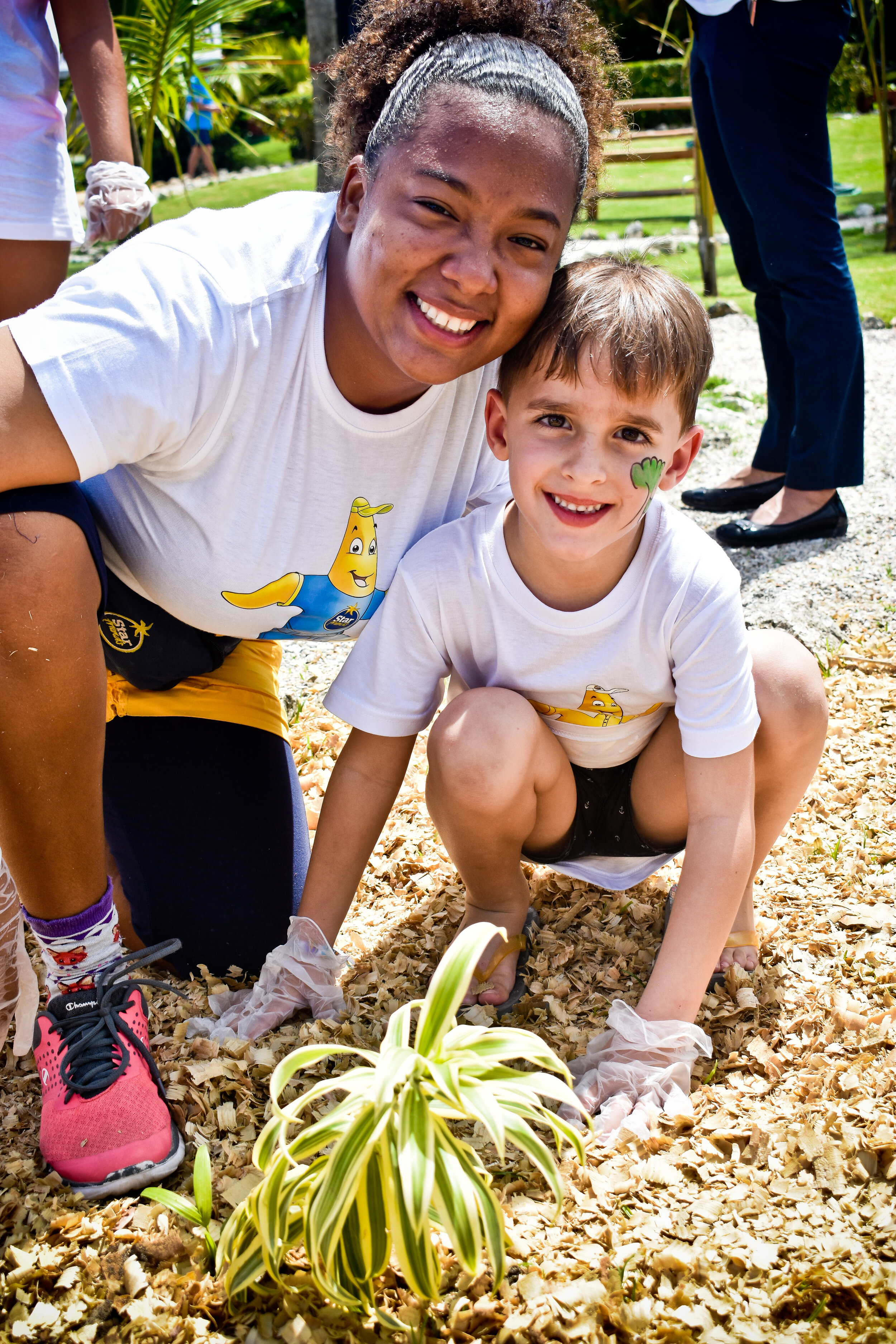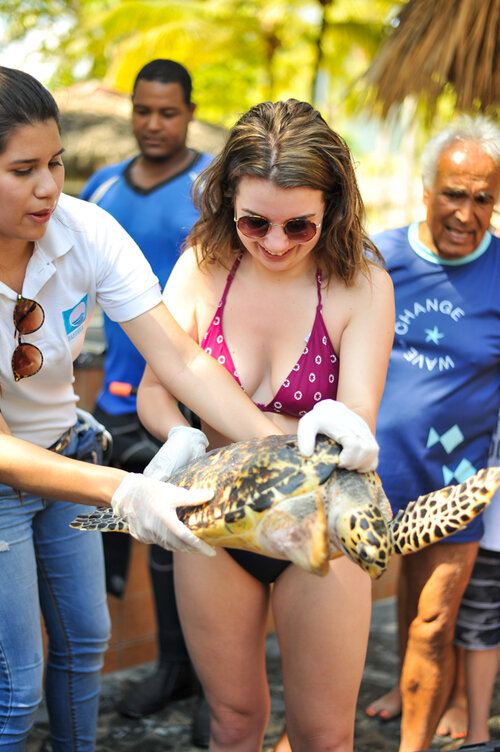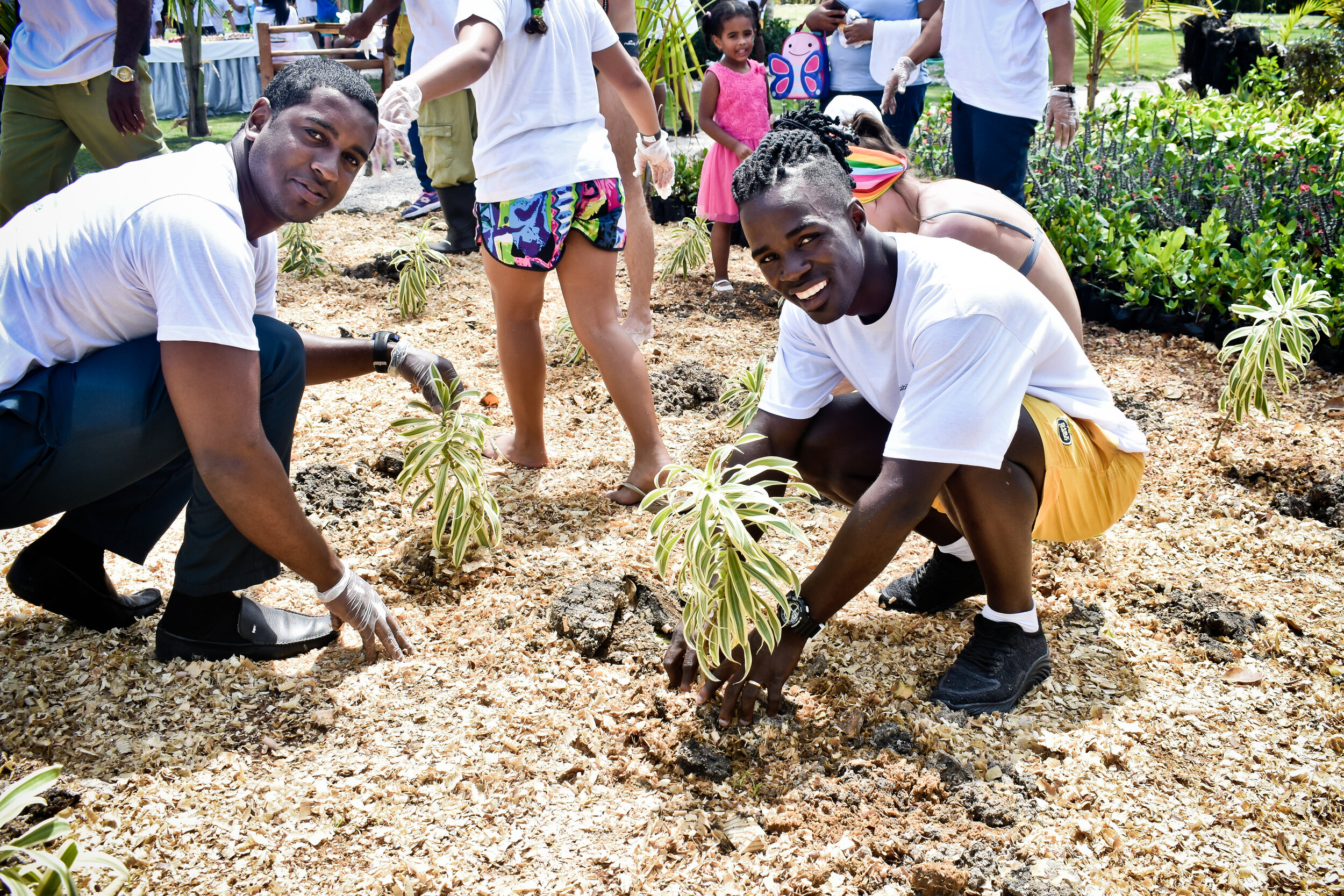Blue Flag contributes to fight poverty by supporting local economies through increasing tourism and promoting free access to beaches, business activities and services.
Blue Flag creates job opportunities related to the maintenance and management of beaches, marinas and eco-tourism boats.
The environmental education activities organised by Blue Flag on its beaches, marinas and boats supports local green activities or initiatives related to education, health, sanitation and infrastructure.
Access to sea through beach and environmental management standards ensures that the communities that have been traditionally dependent on ecosystem services continue to enjoy the benefits in years to come.
The improved infrastructure creates opportunities for new technologies and skills that have impact on other work sectors in the local communities.
South Africa
Thanks to the ‘Tourism Blue Flag’ scheme, in South Africa, Blue Flag beaches offer paid jobs in various functions, such as lifeguarding, beach cleaning, beach rehabilitation, tourism support and environmental education to people from disadvantaged communities. The initiative is a three-year project implemented by WESSA, Blue Flag National Operator in South Africa, in partnership with the National Department of Tourism. Only impoverished and previously disadvantaged community members living in the proximity of the sites are allowed to apply to these positions.
The Beach Stewards are hosted by local coastal municipalities and are involved in activities such as monitoring of beach activities, conducting of visitor surveys as well as other data gathering, providing updates on weather and general beach-conditions via Twitter, coordinating environmental education activities for school-going children and assisting lifeguards. Overall, over 200 youth are employed to support municipalities with Blue Flag. Thanks to this project, the participants acquire environmental management and other skills, and increase their chances to find employment in the future.
To know more, check this out: https://www.blueflag.global/new-blog/2018/12/11/tourism-blue-flag-program-by-wessa
Dominican republic
Blue Flag awarded sites contribute greatly to the Dominican tourism sector, creating jobs and decreasing poverty among locals.
In Dominican Republic many communities depend on tourism, as beach tourism represents 8.4 % of the gross domestic product. Through Blue Flag, sustainable tourism services are growing, and people are employed in Blue Flag beaches in order to ensure that the necessary services are provided (e.g. lifesaving).
